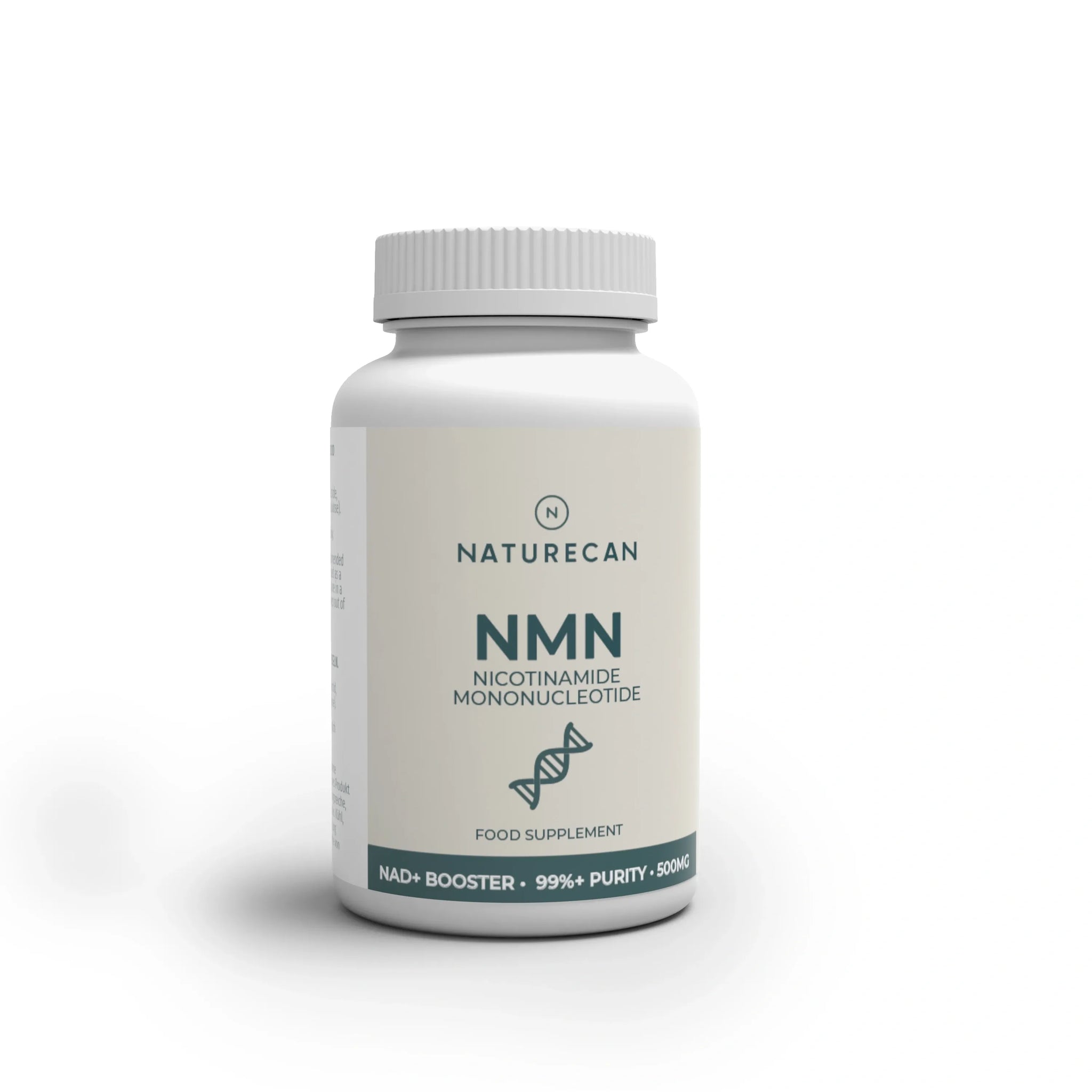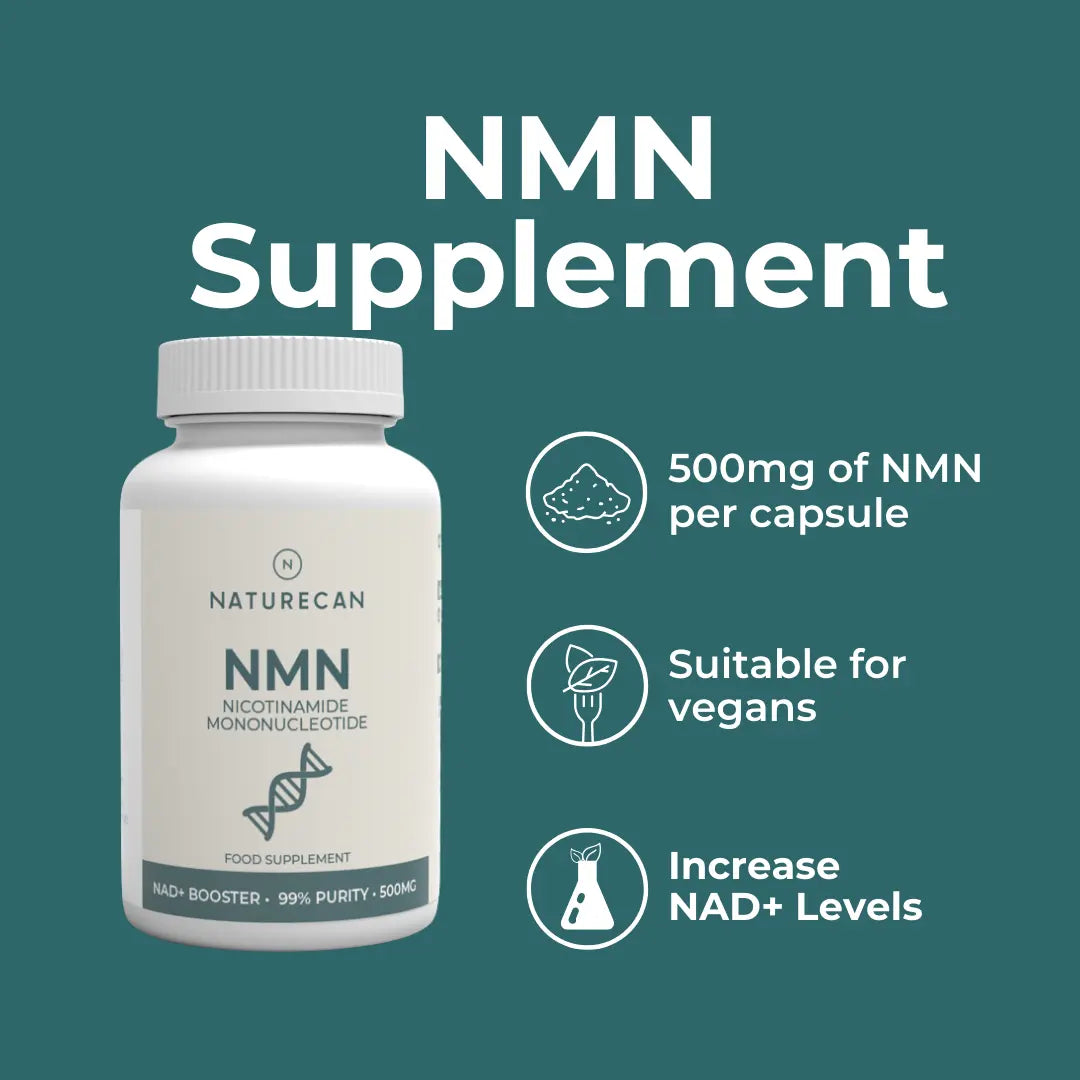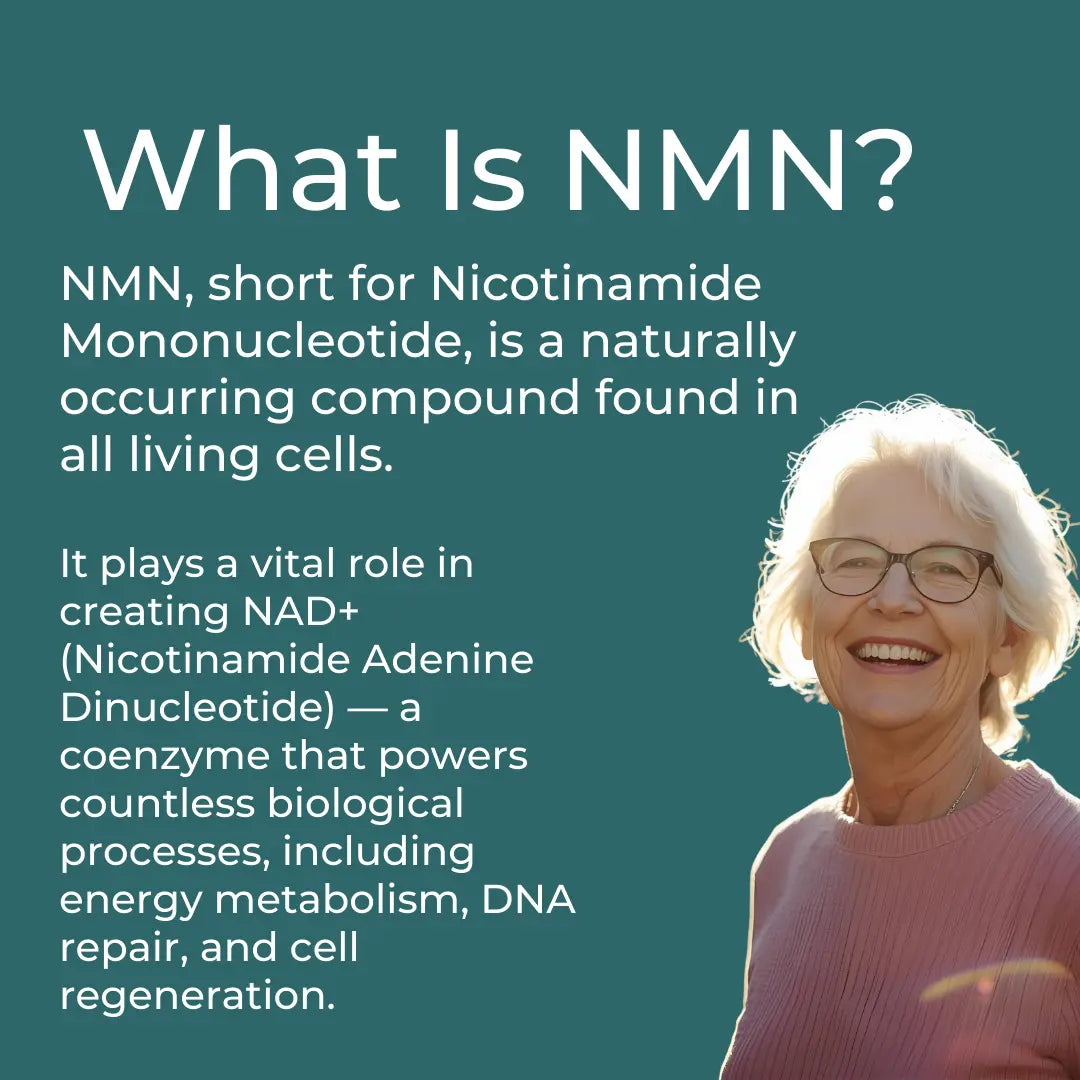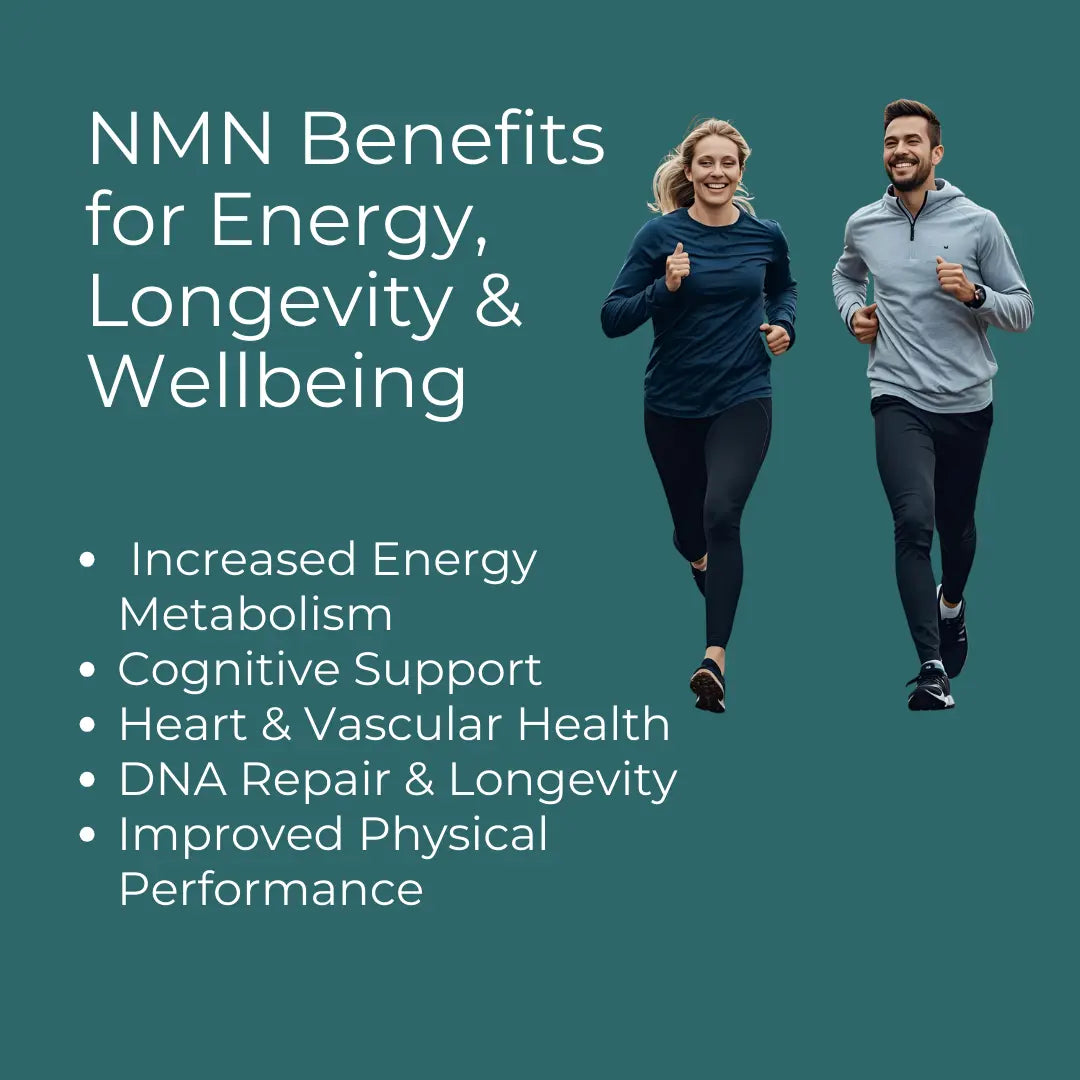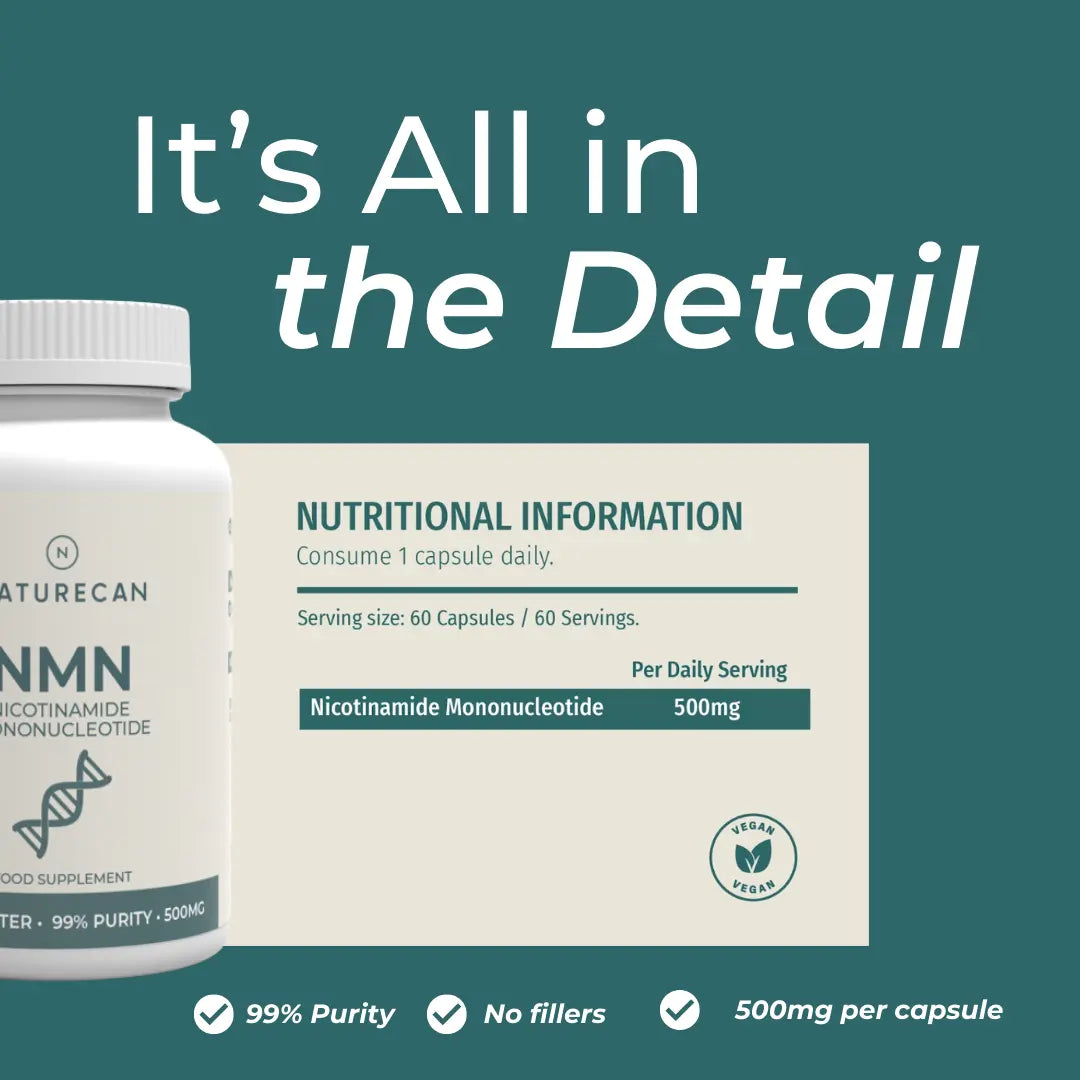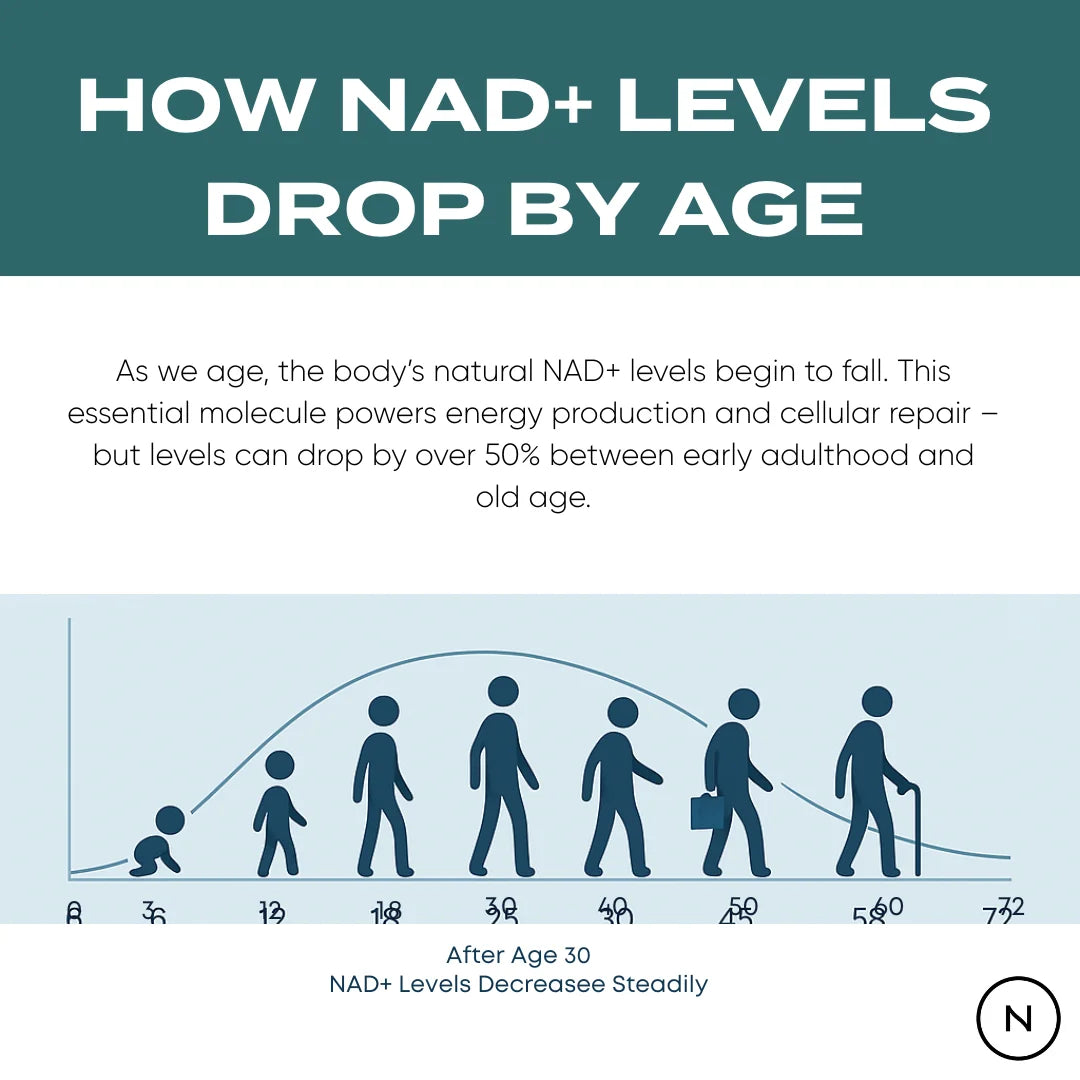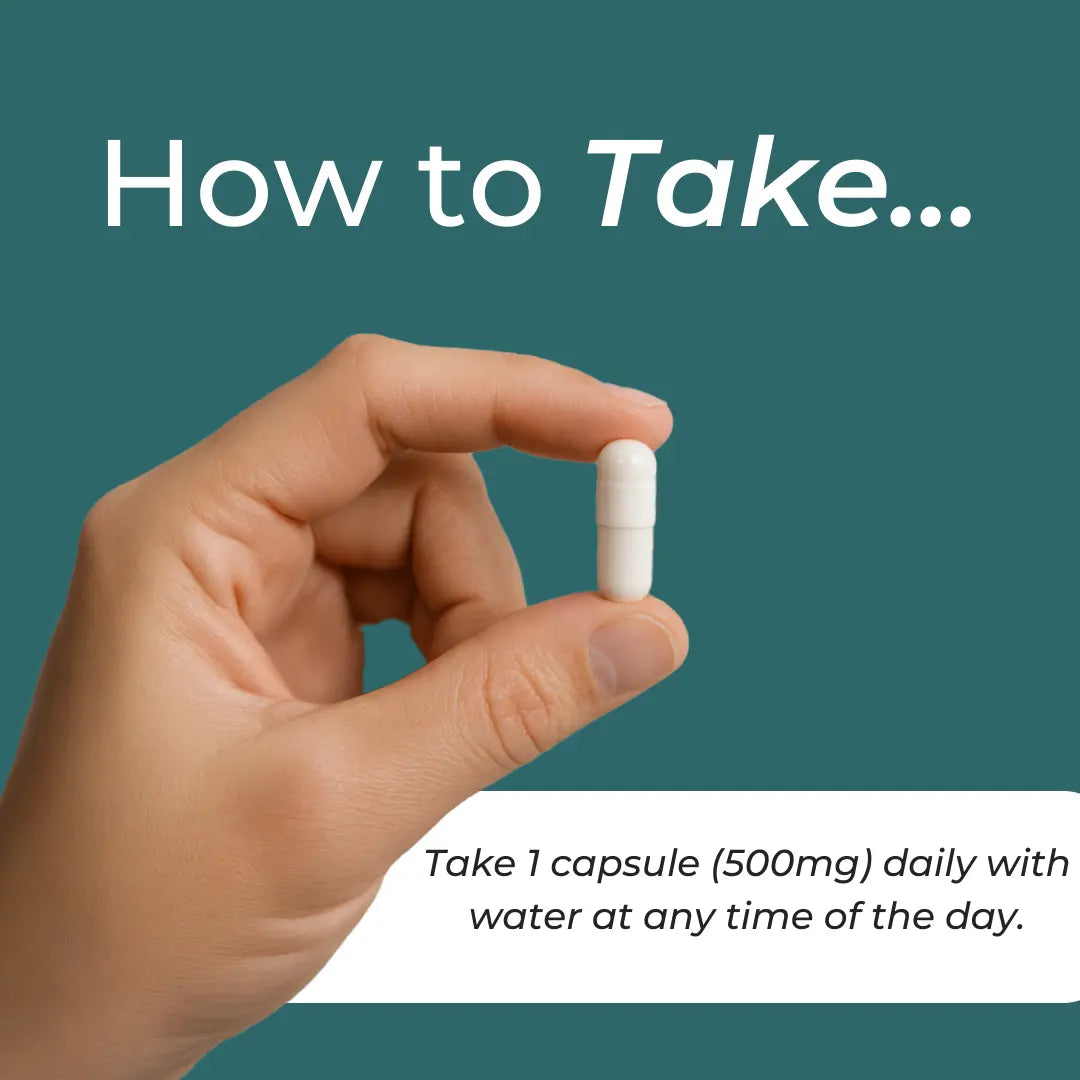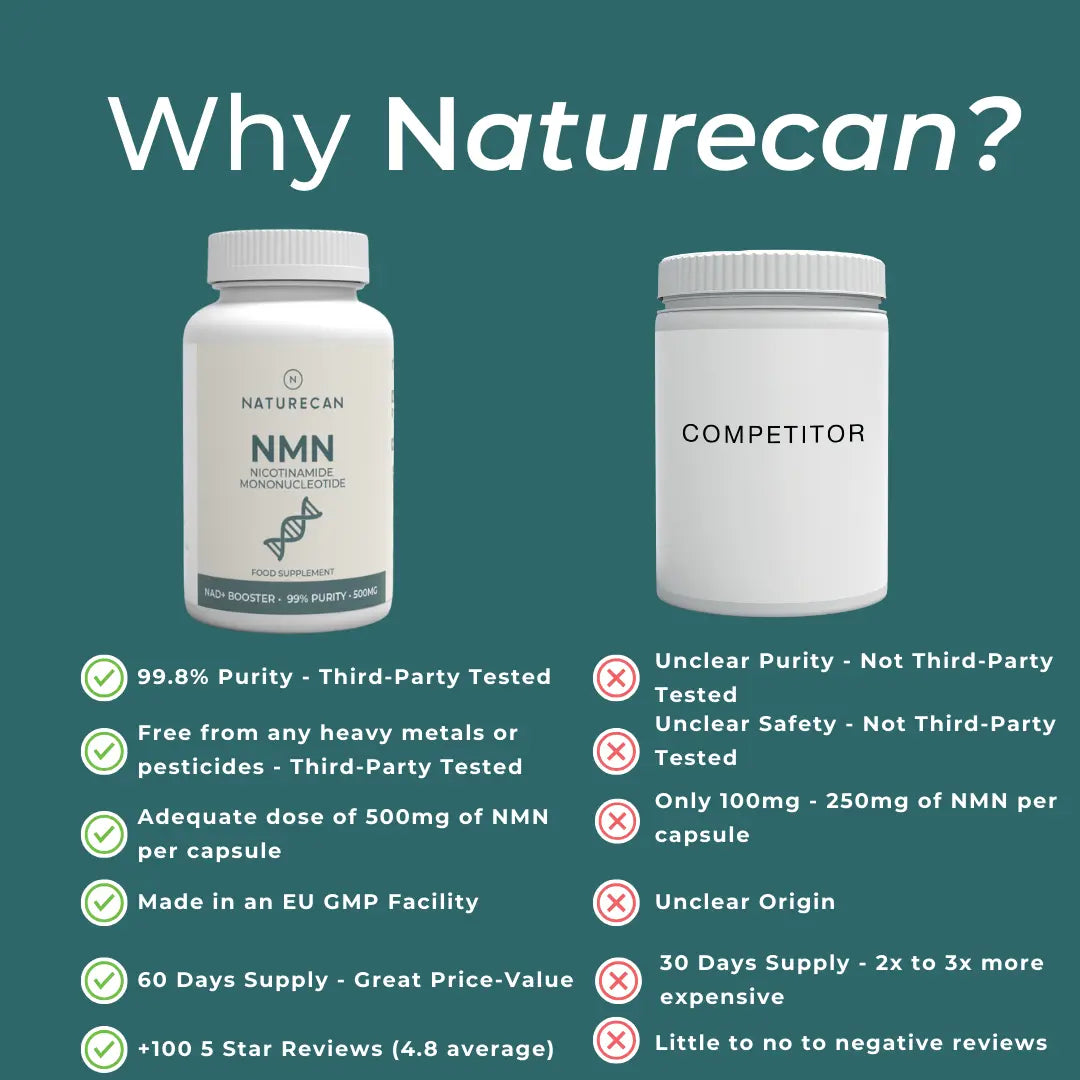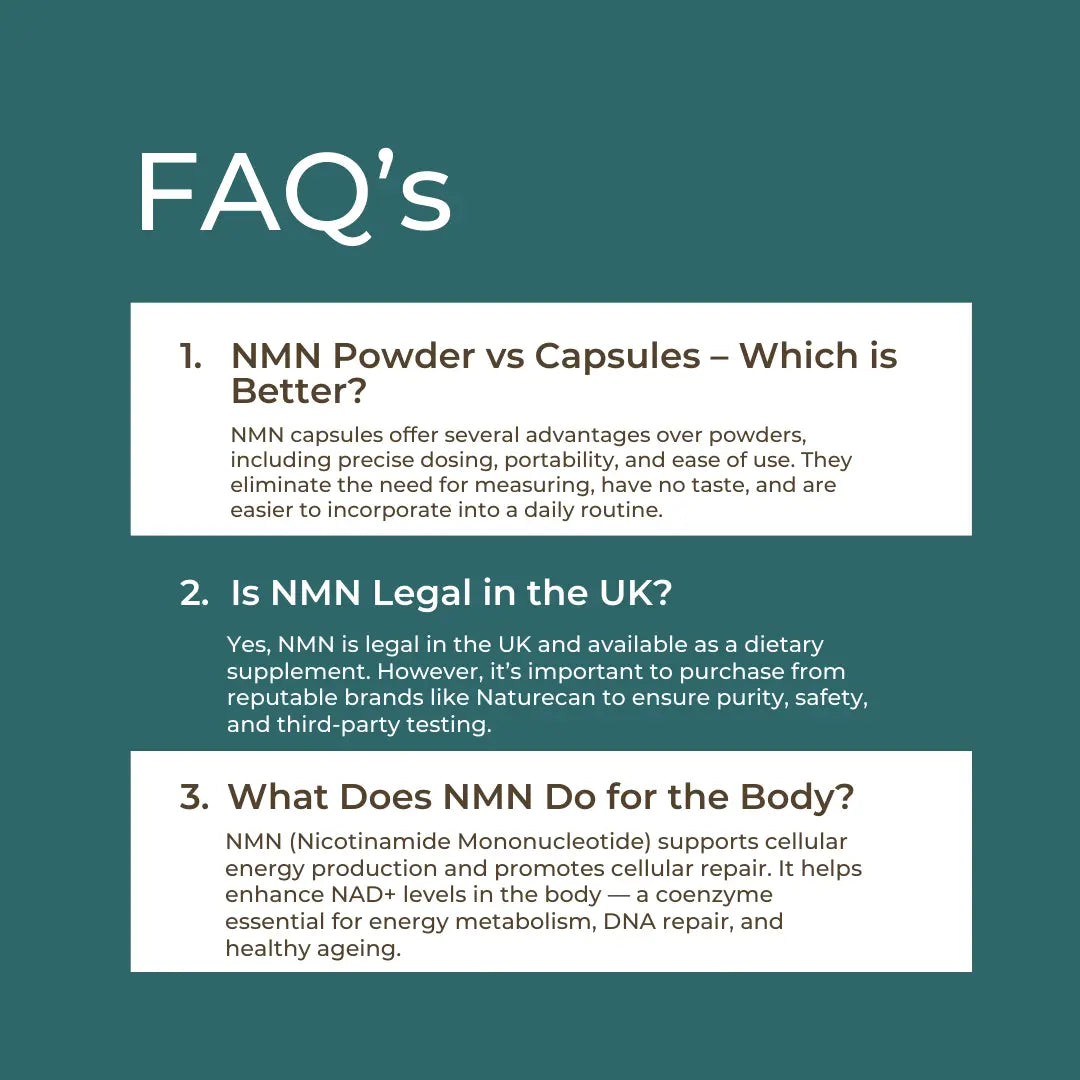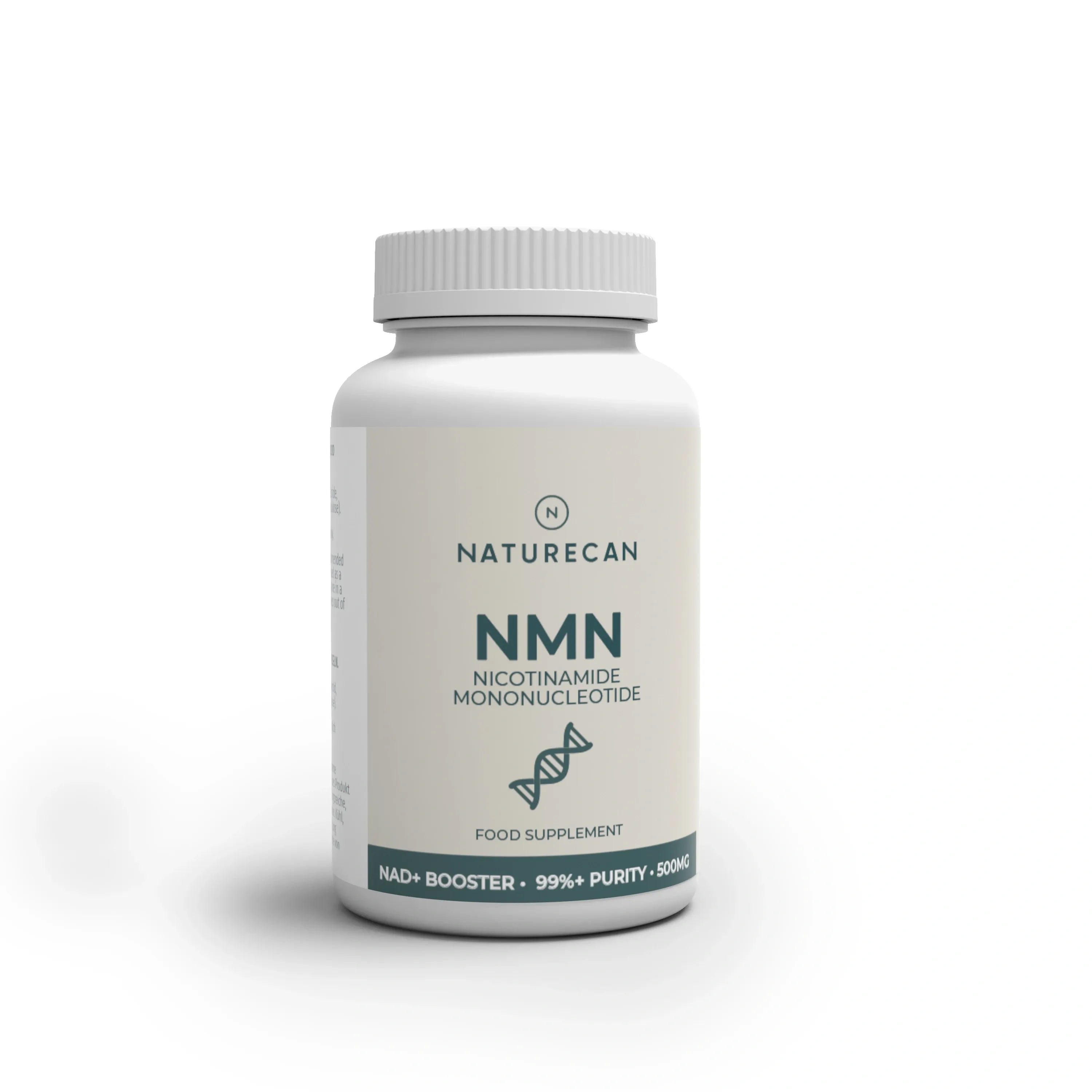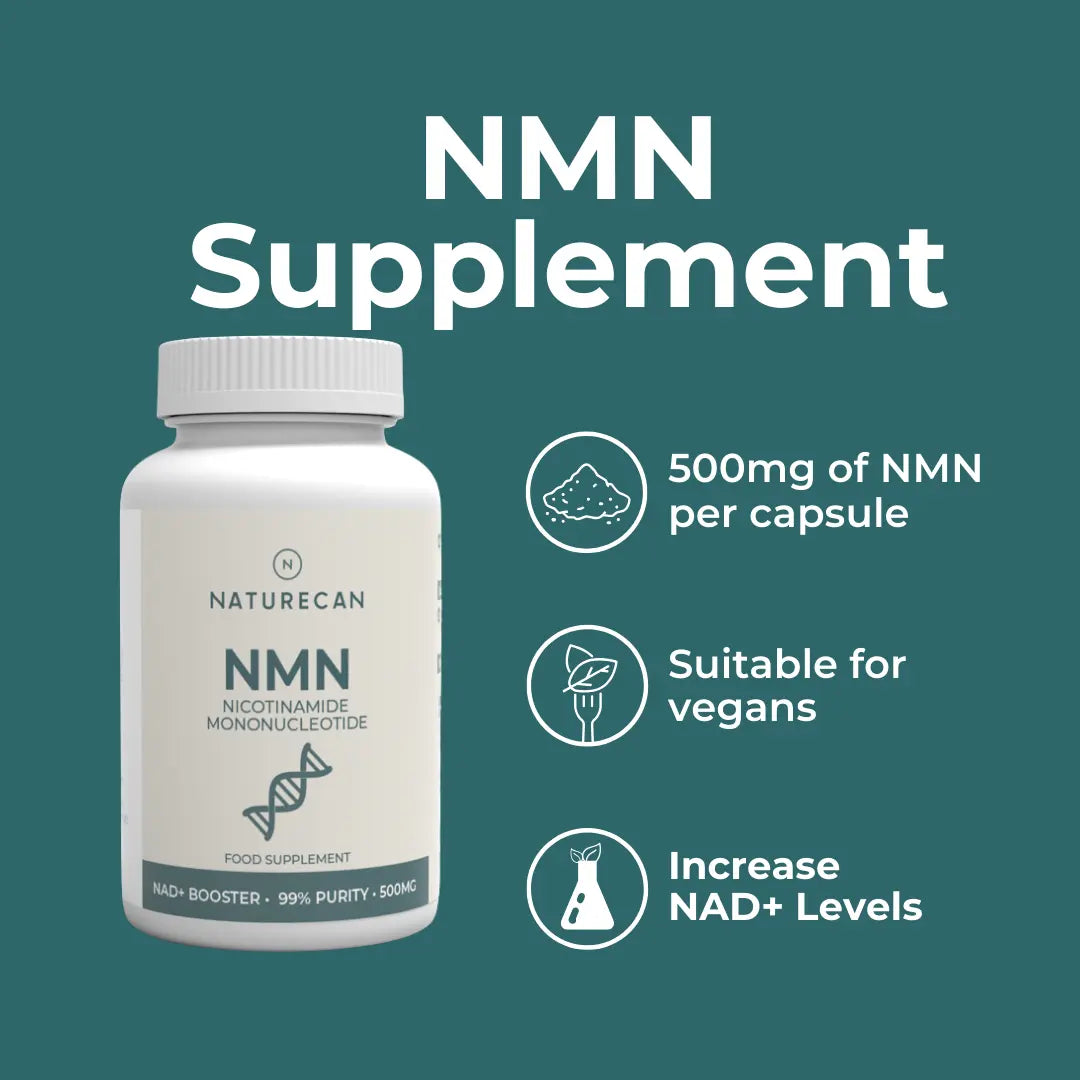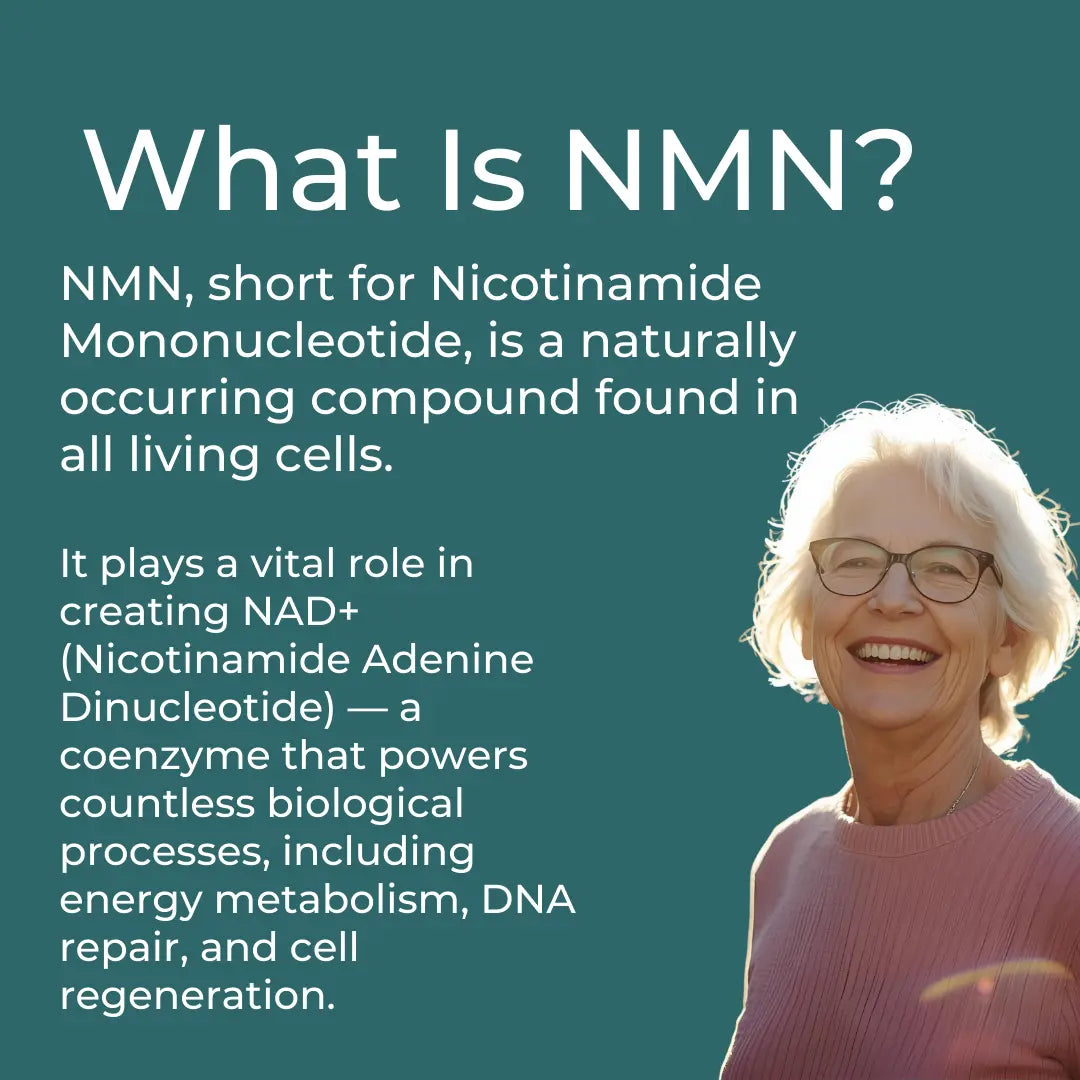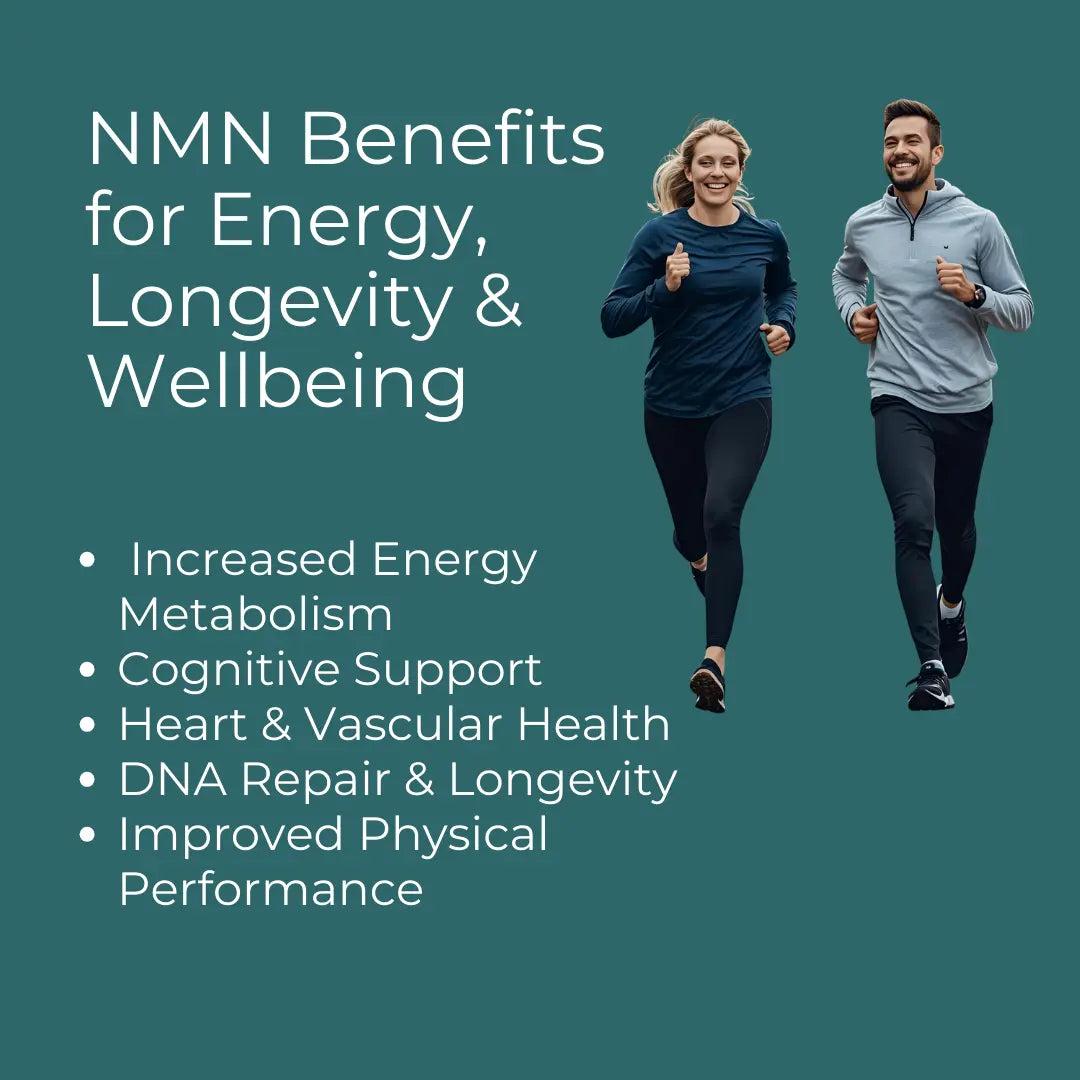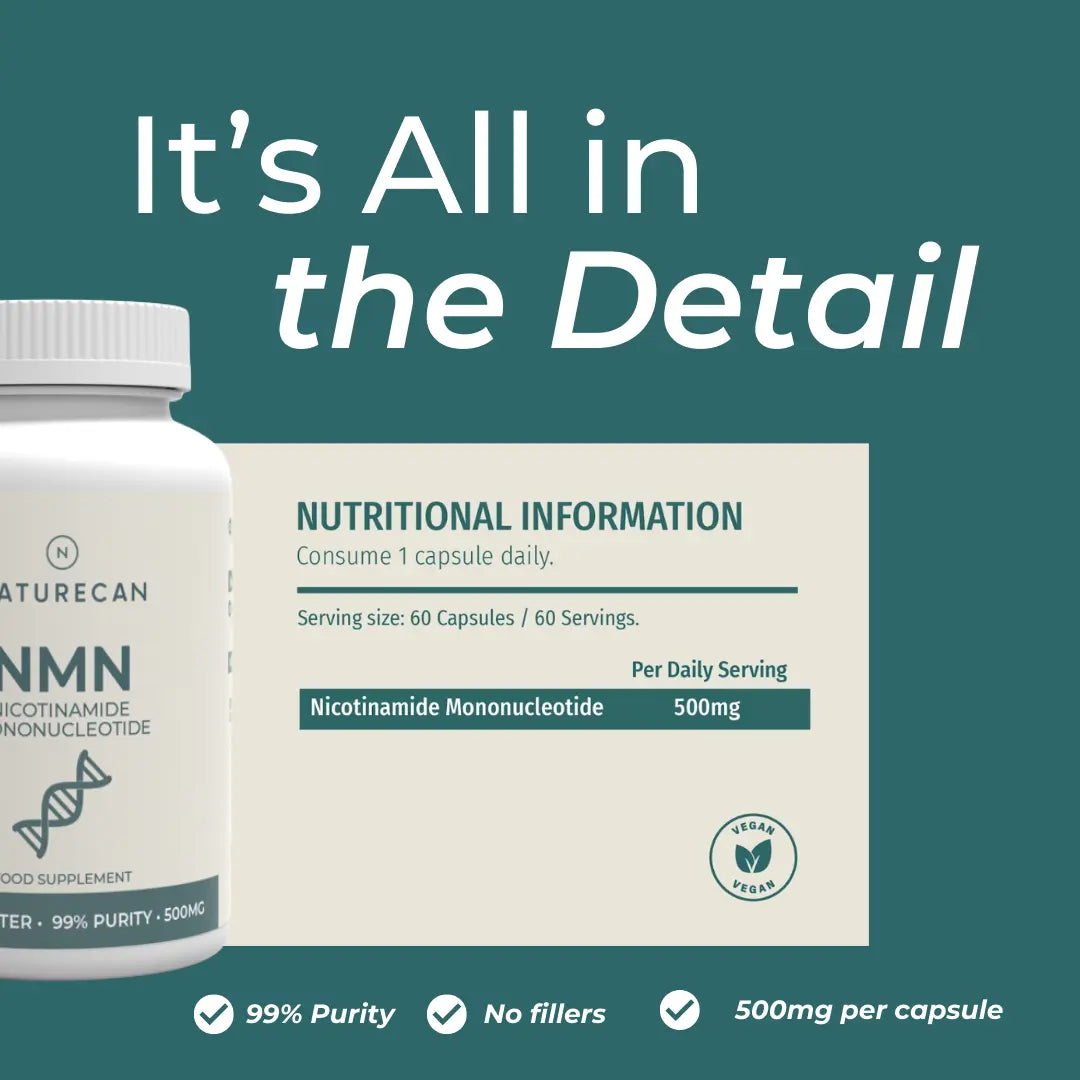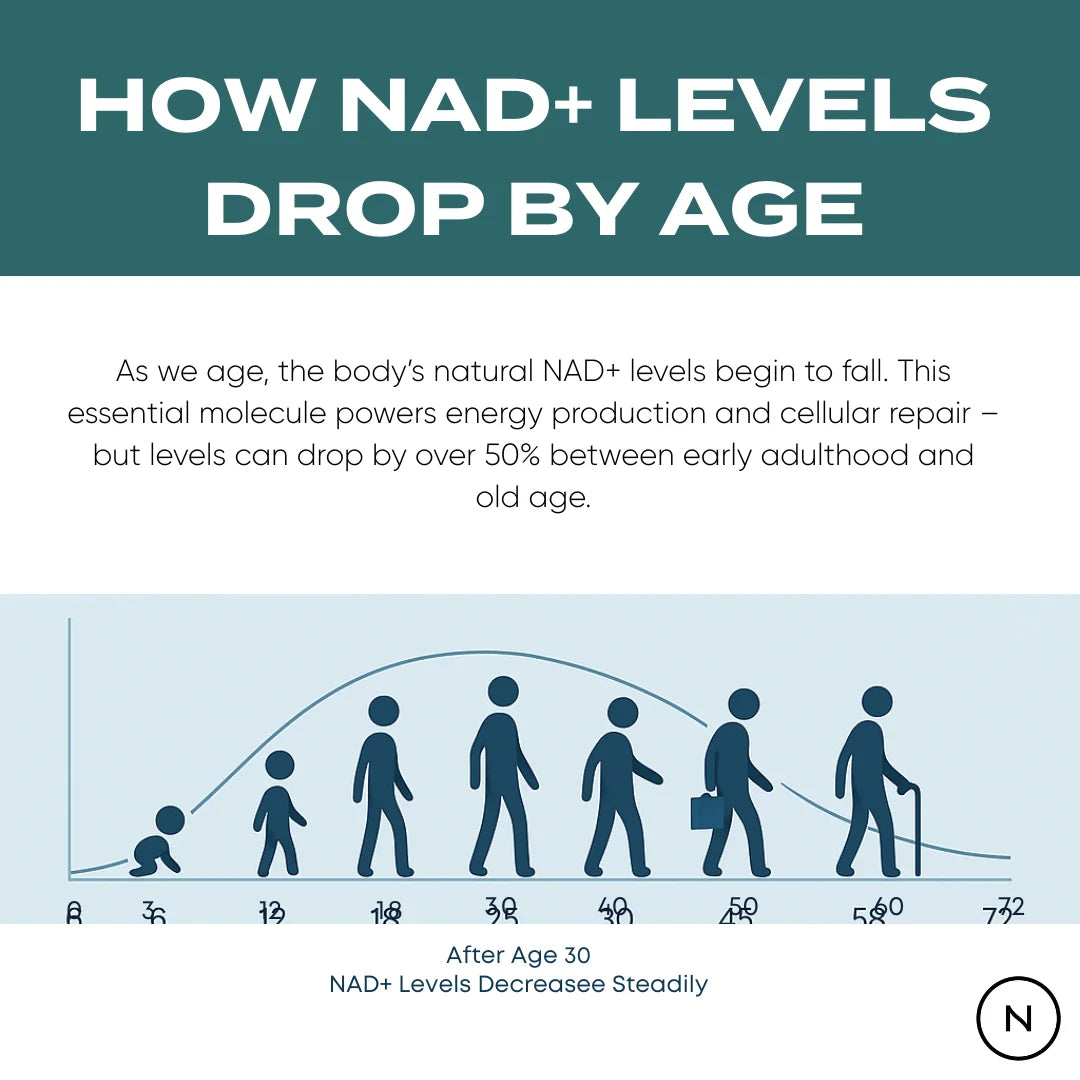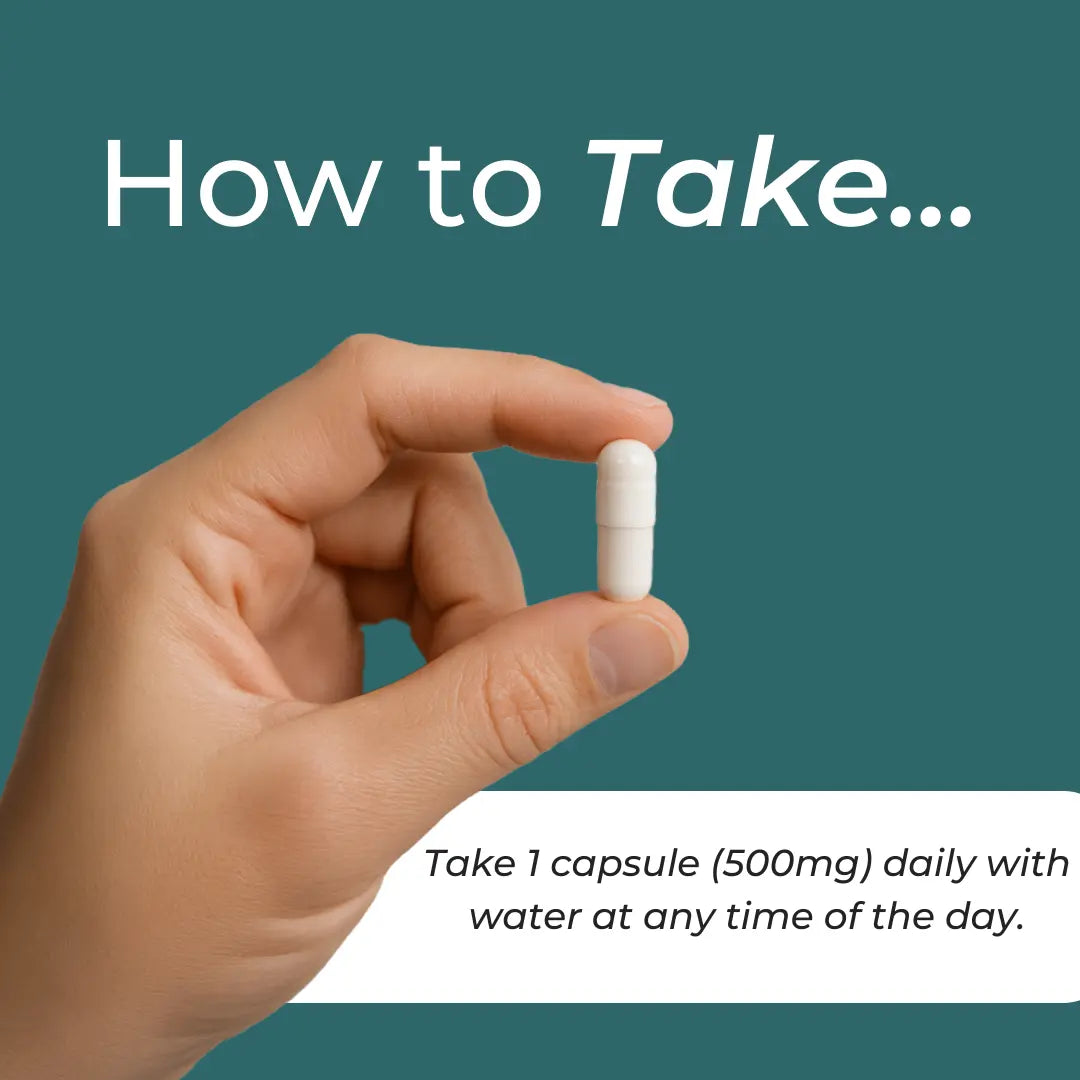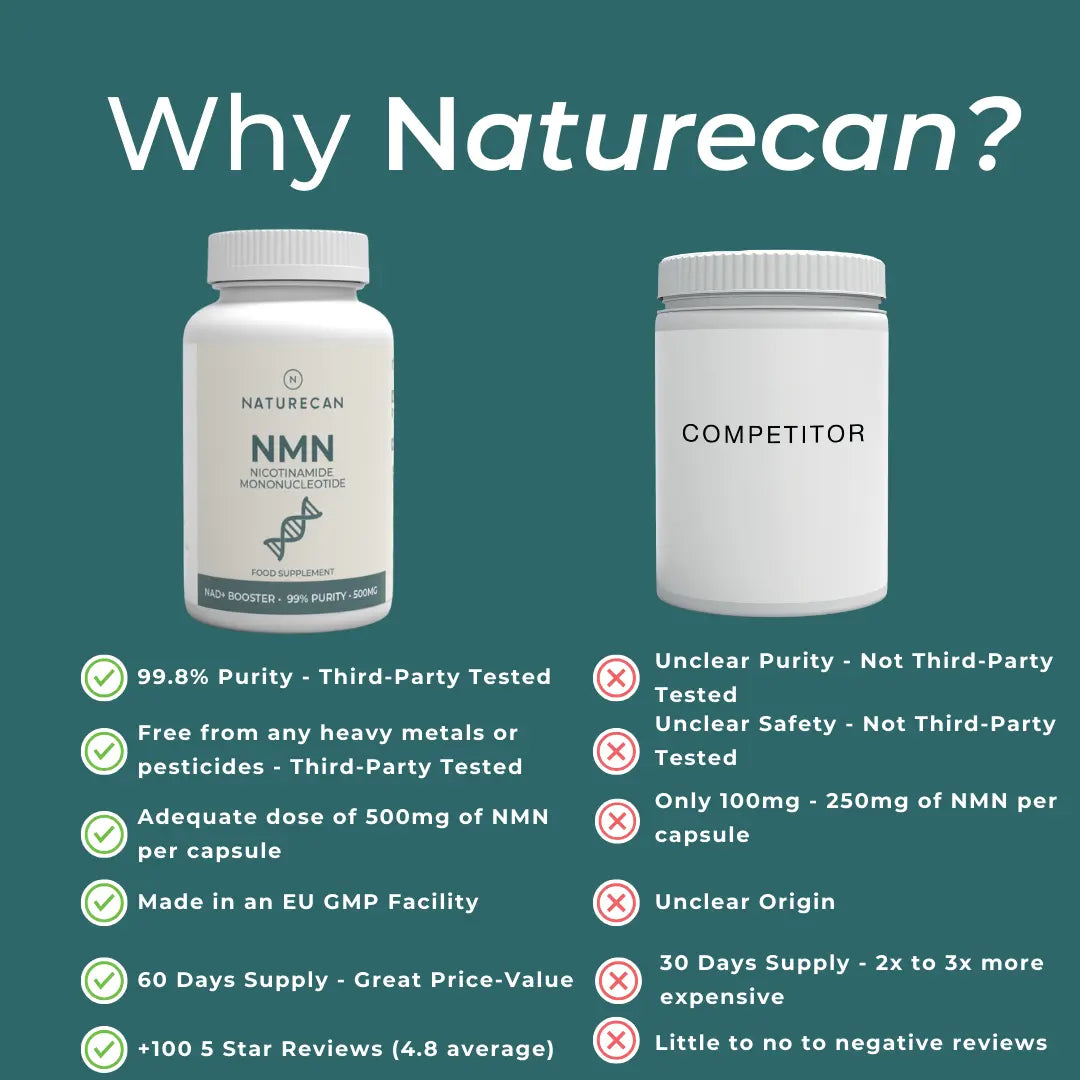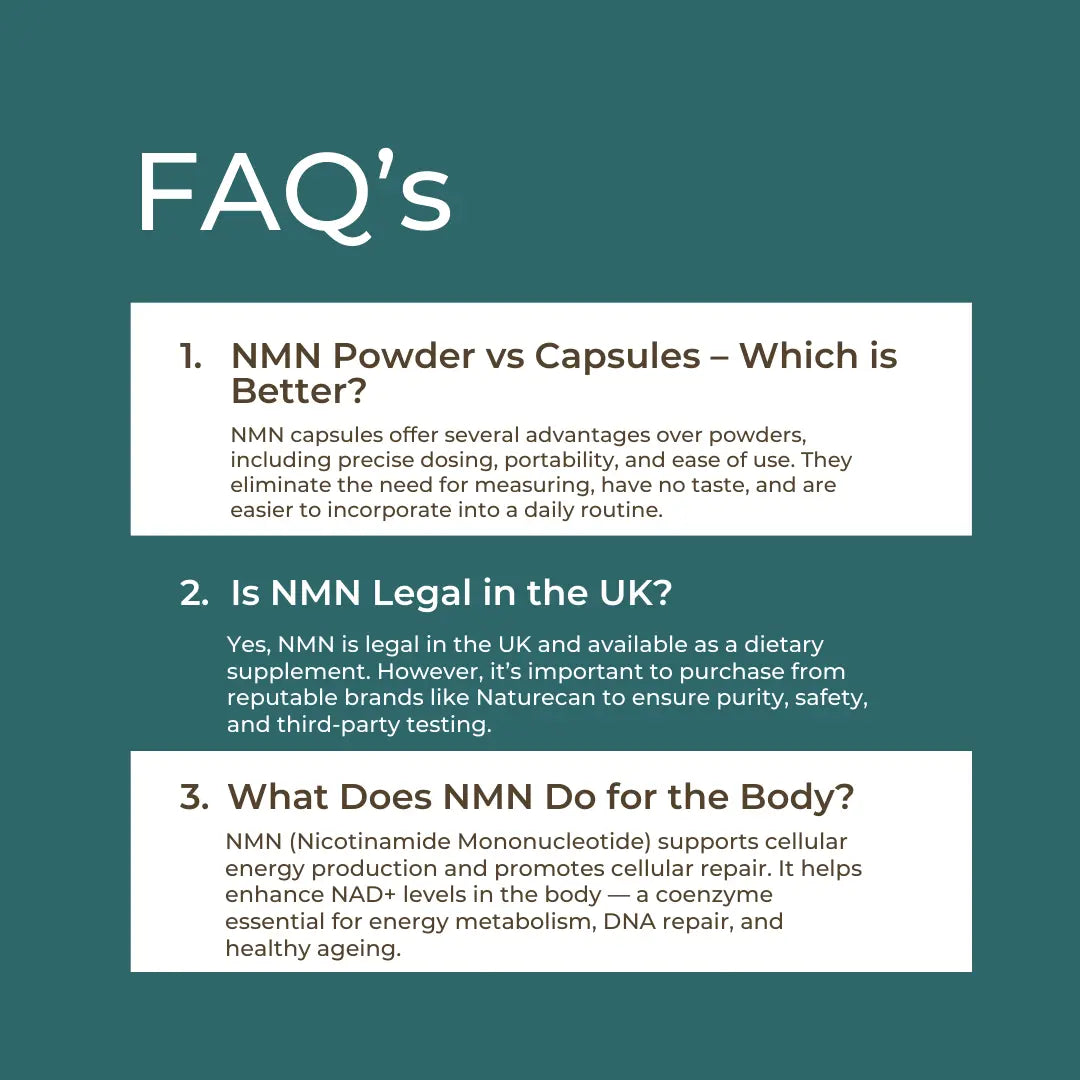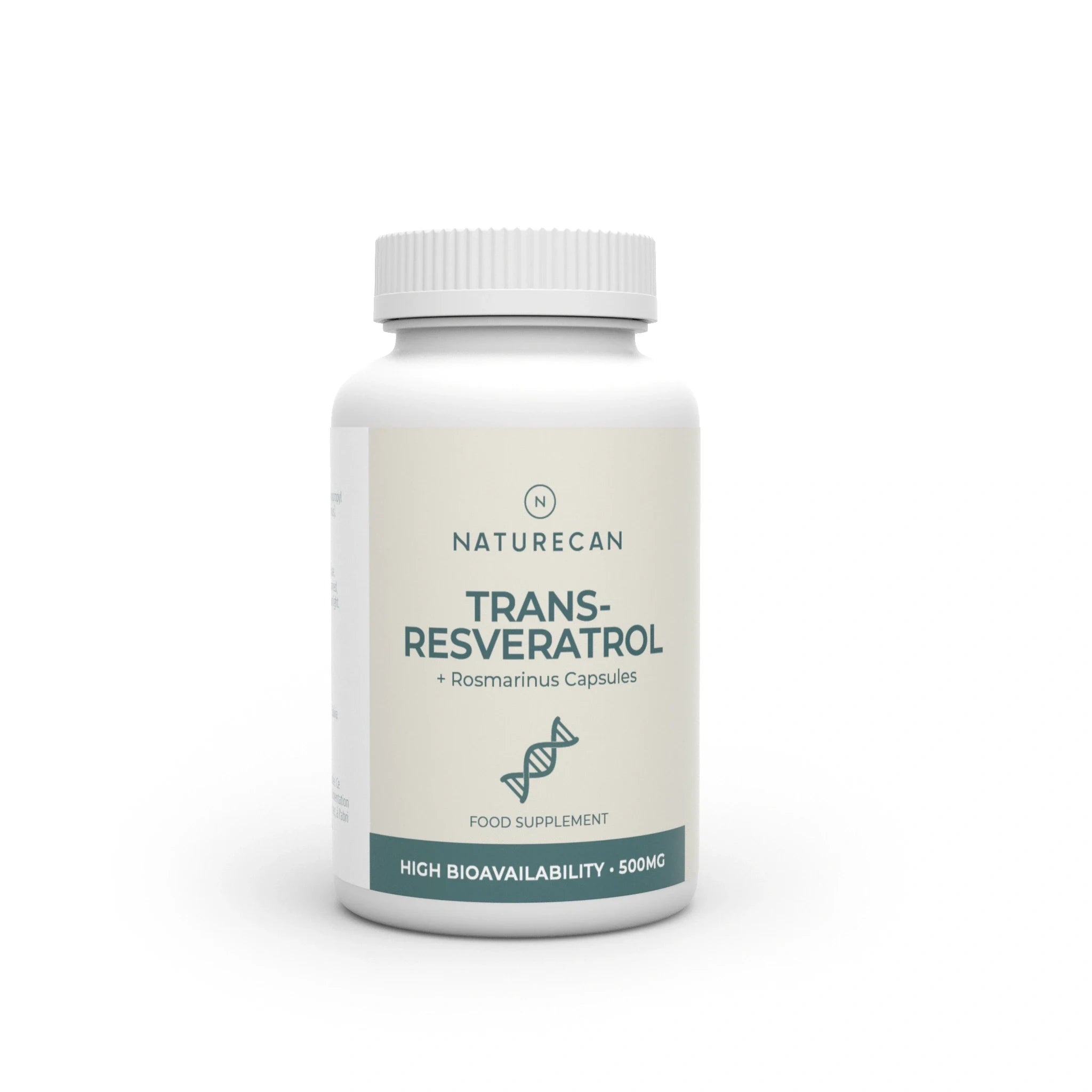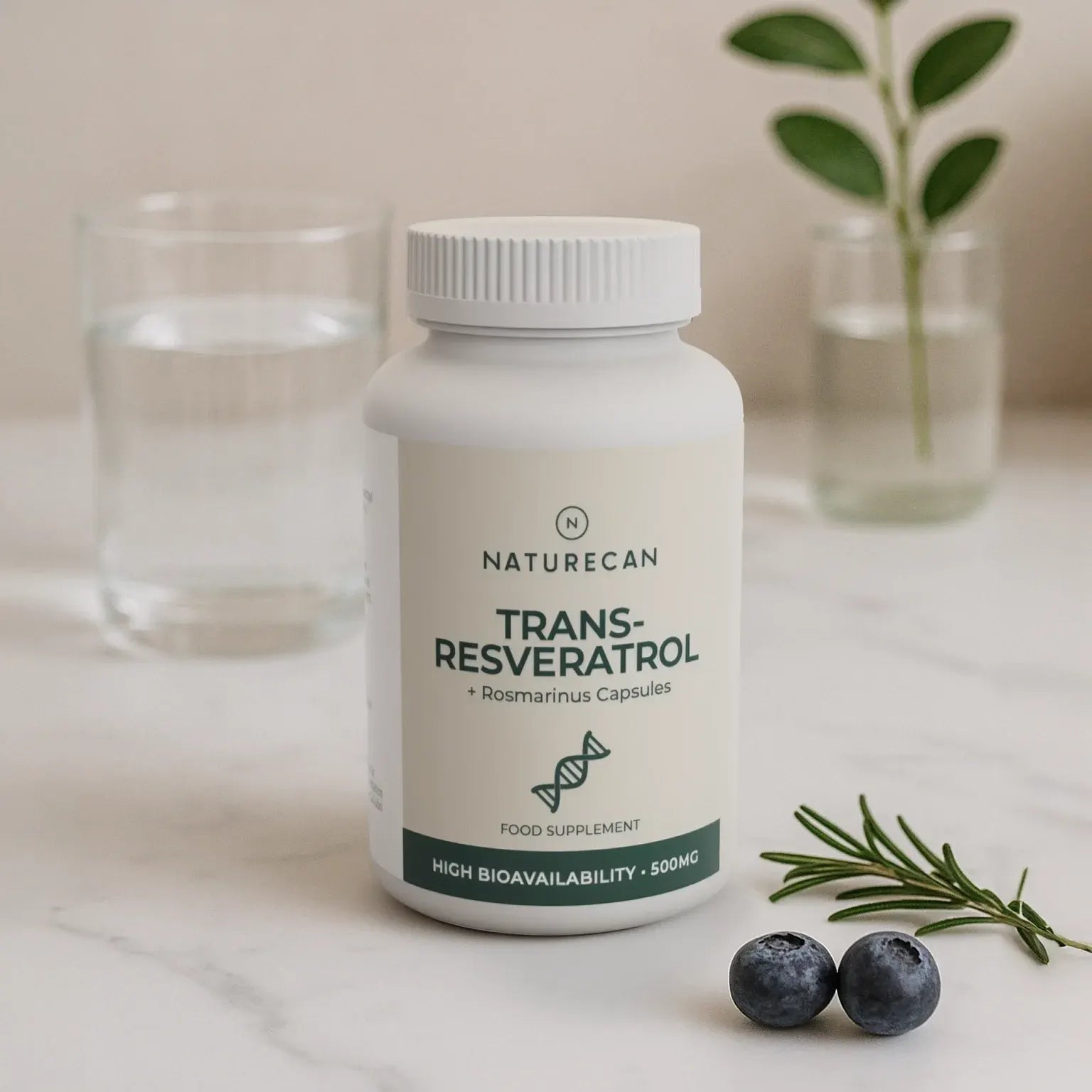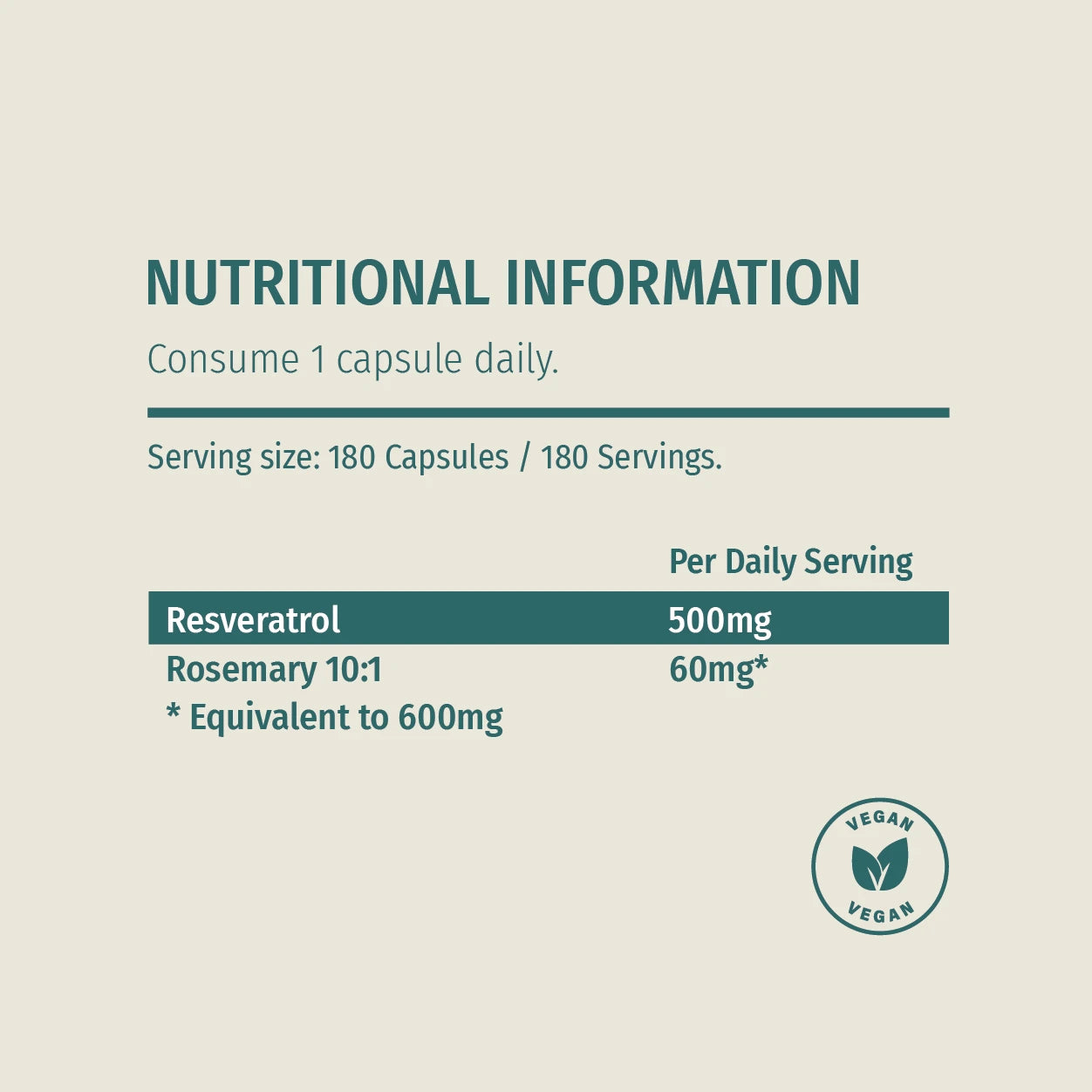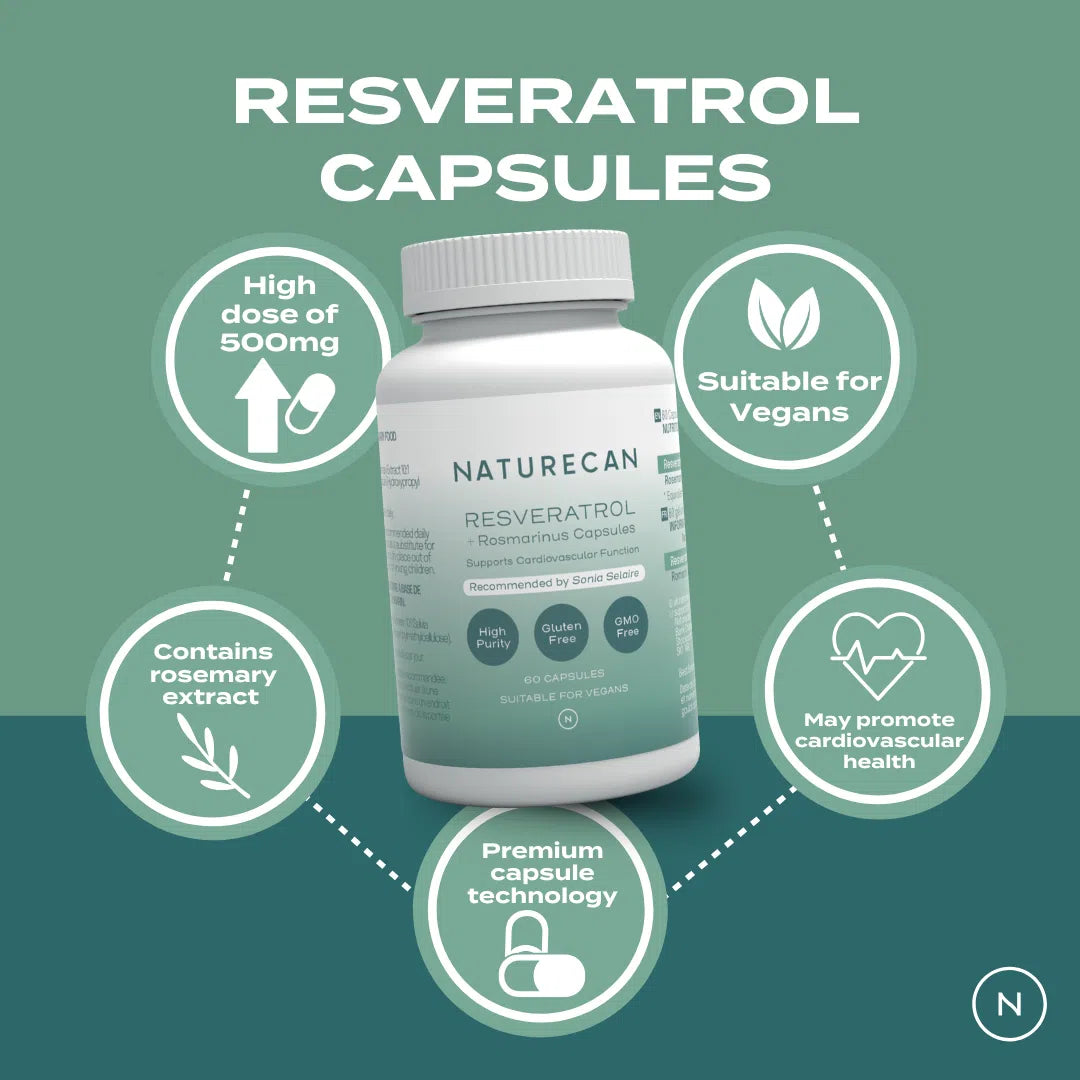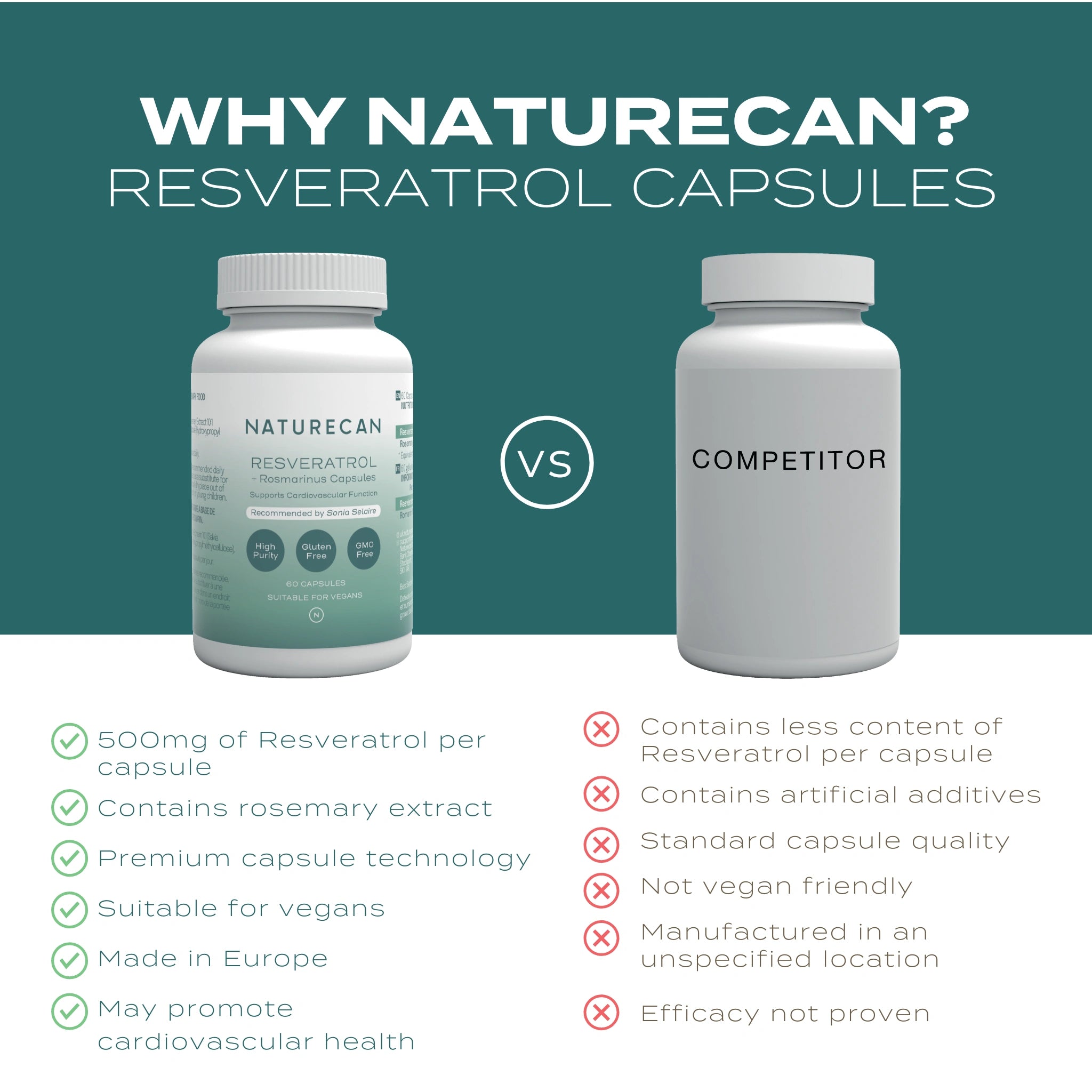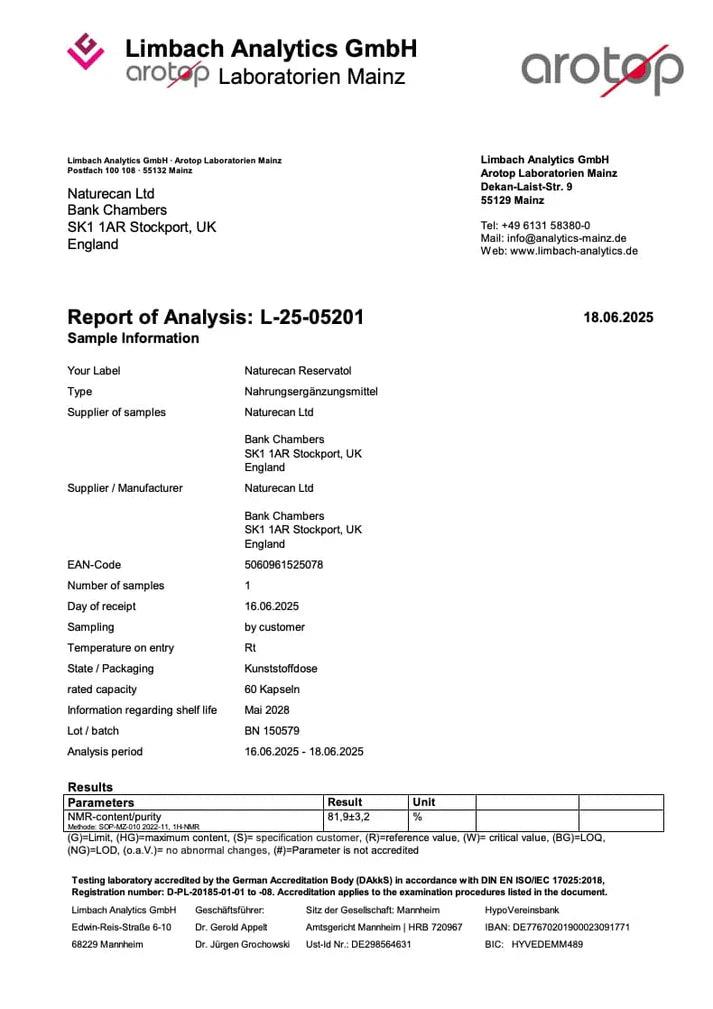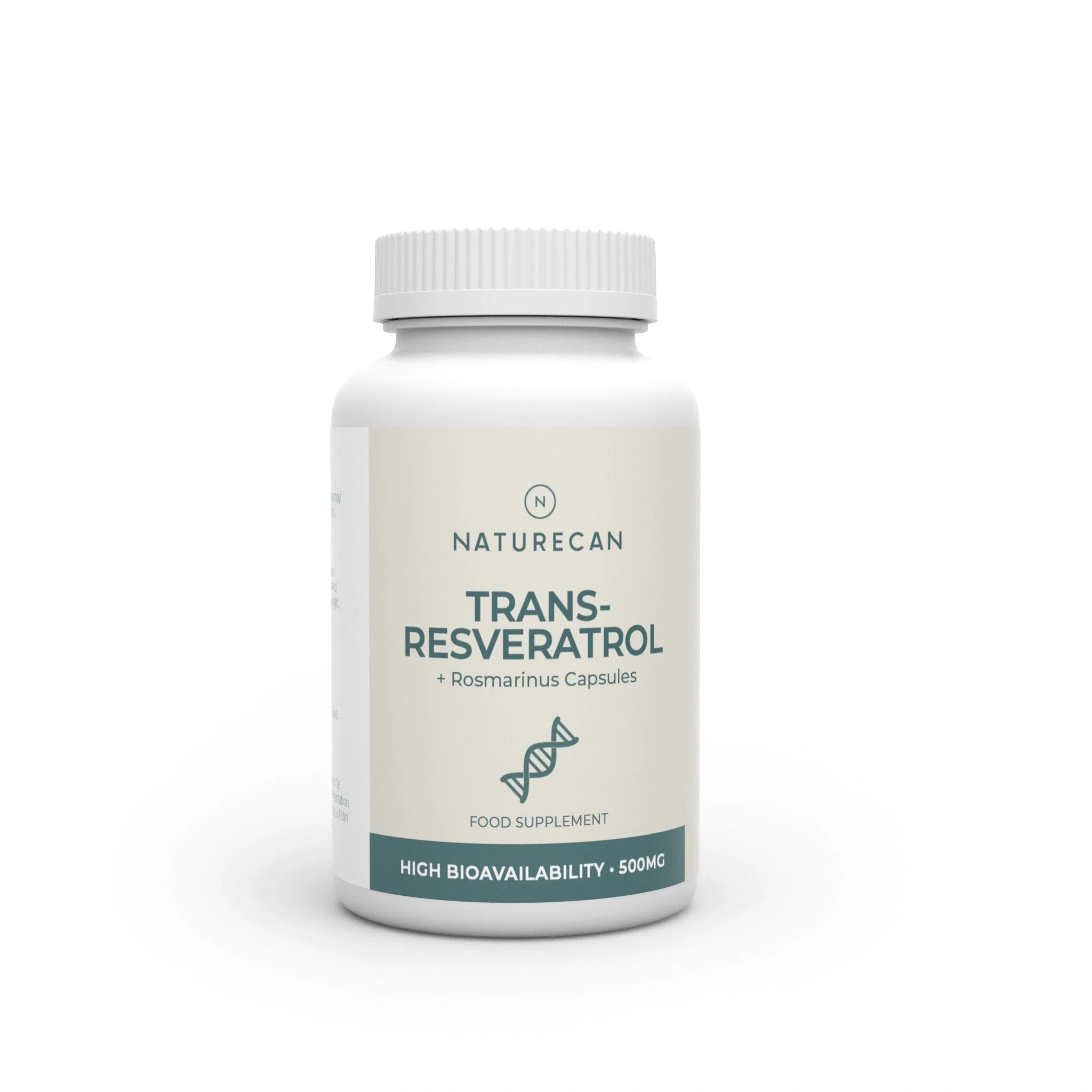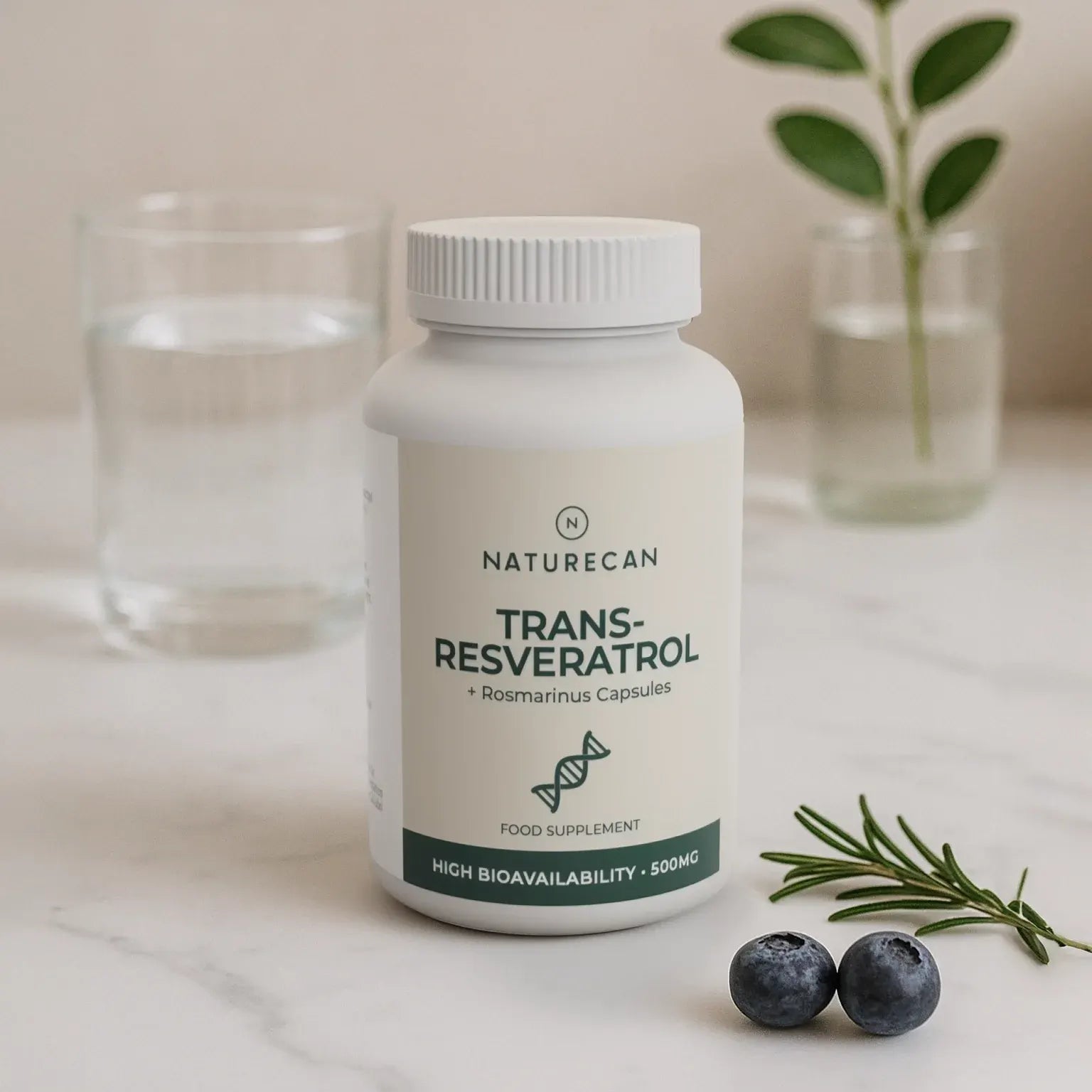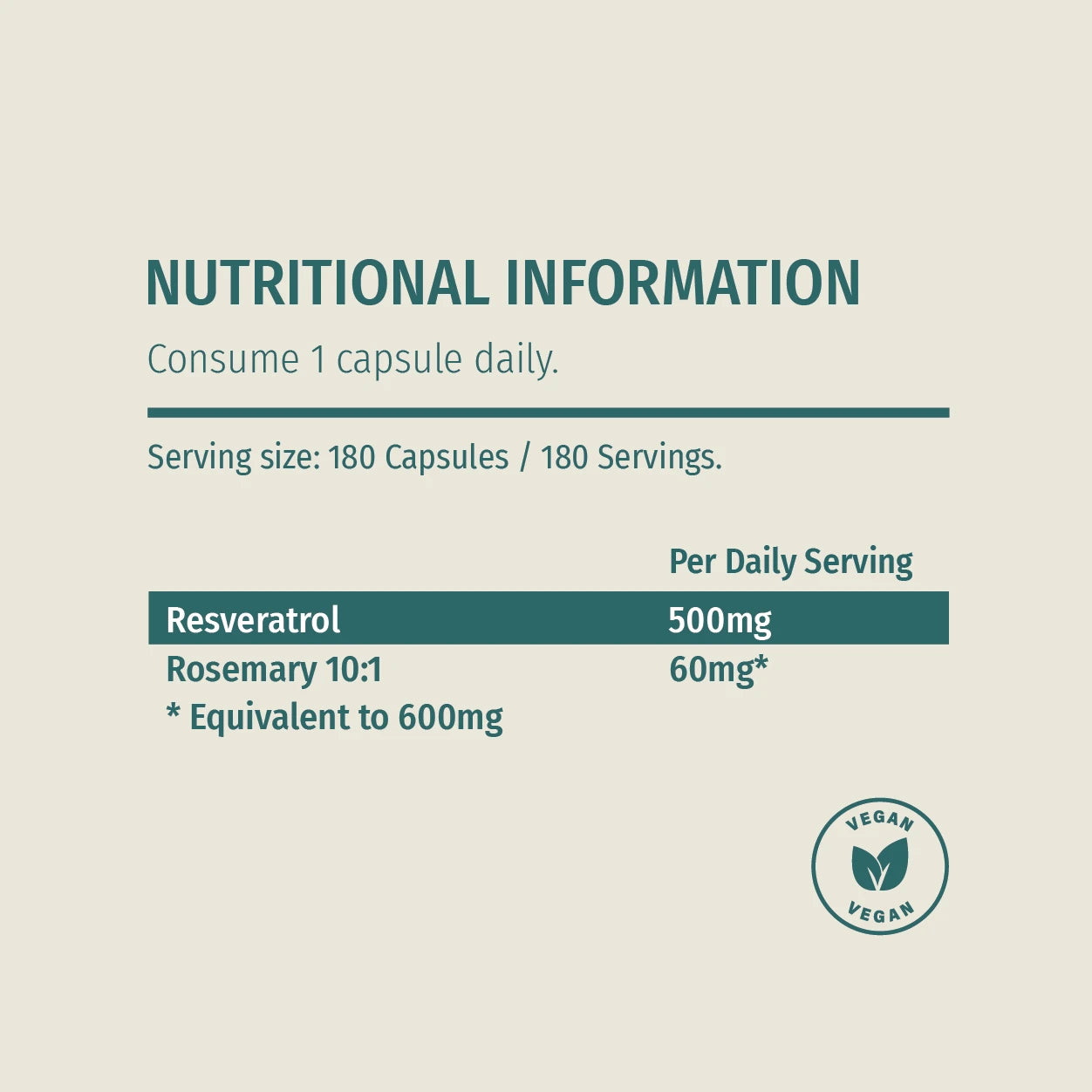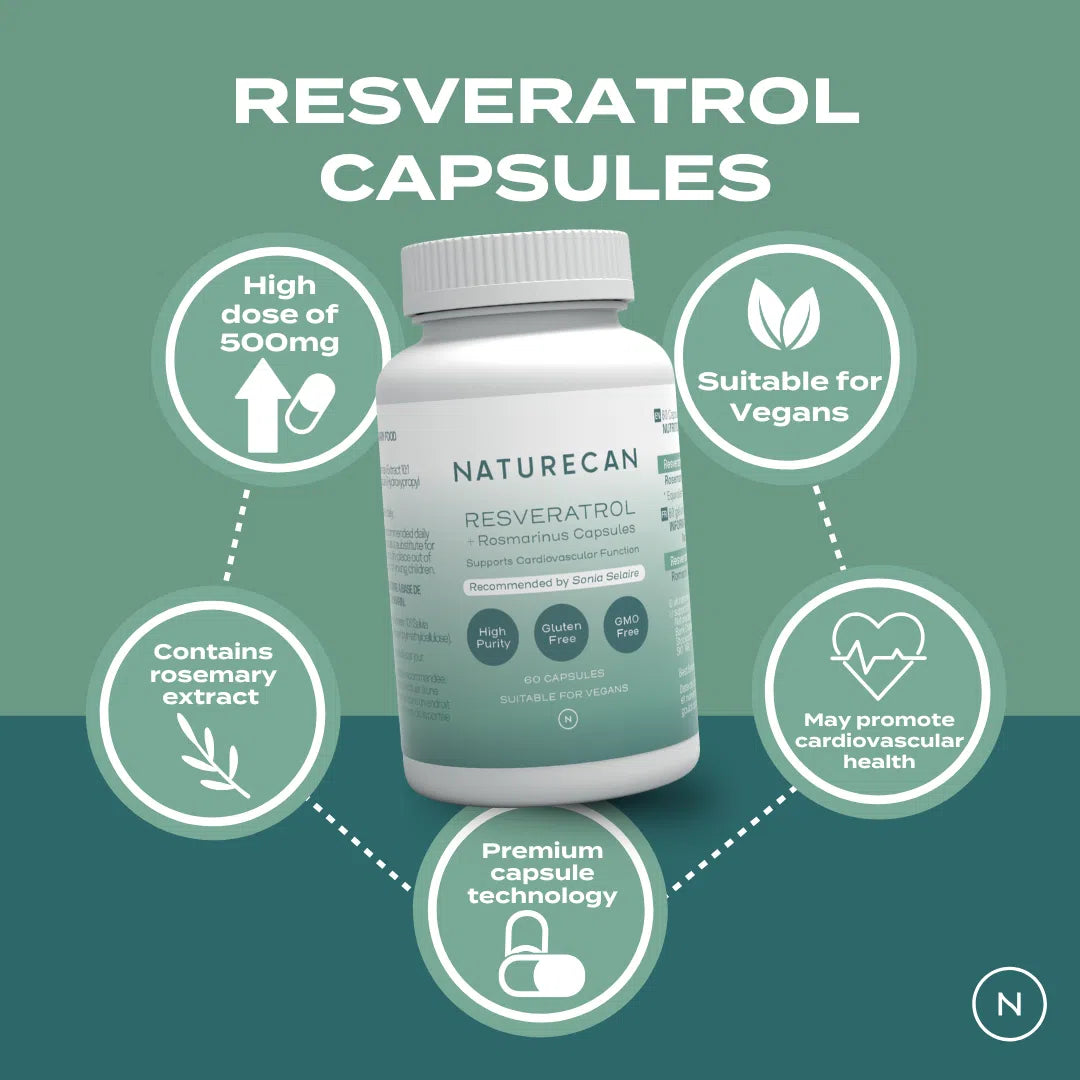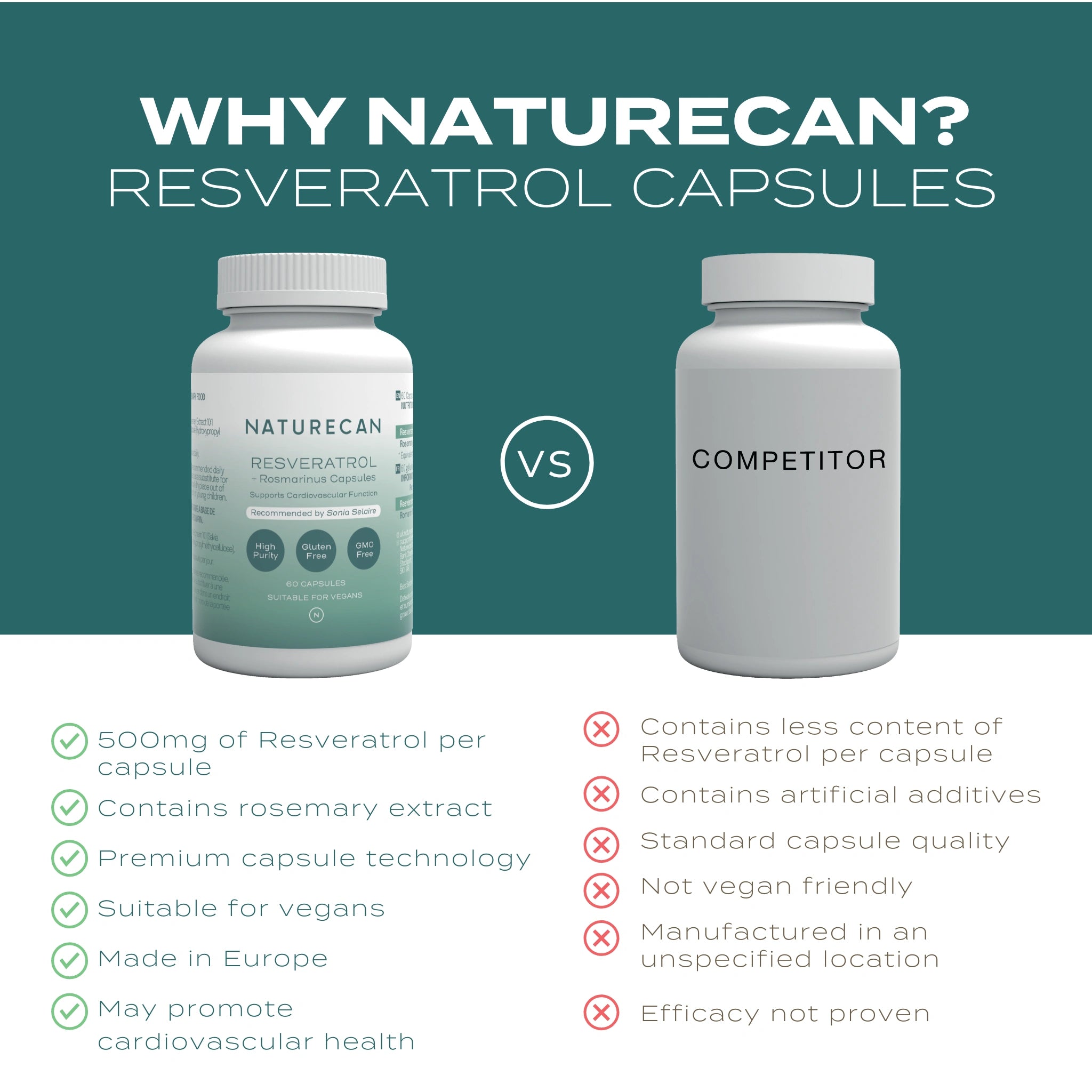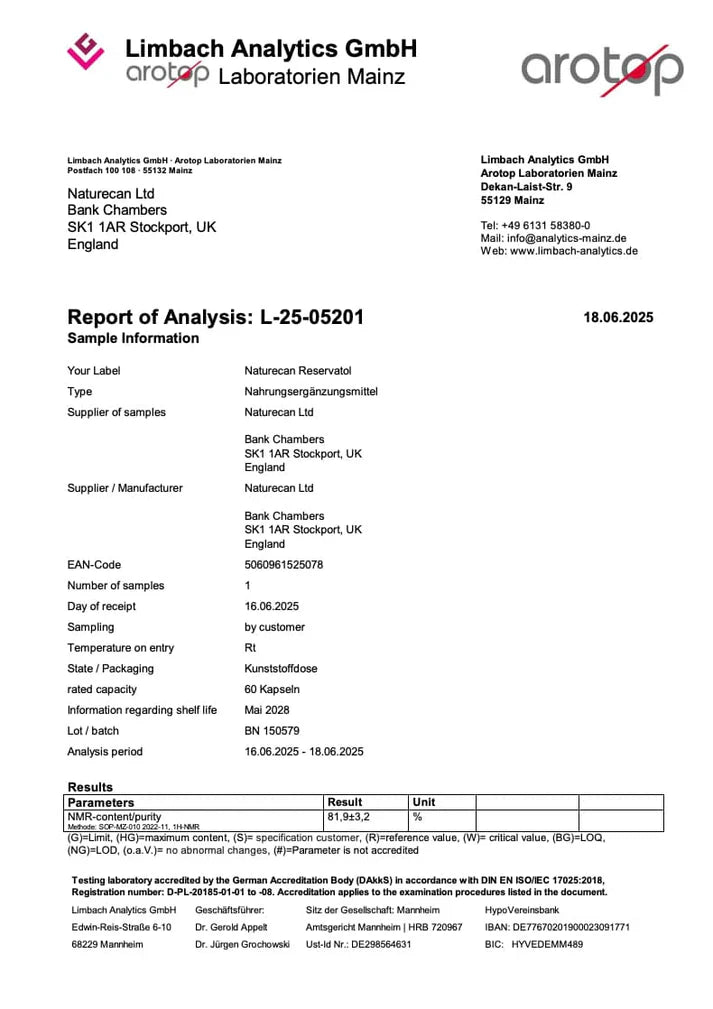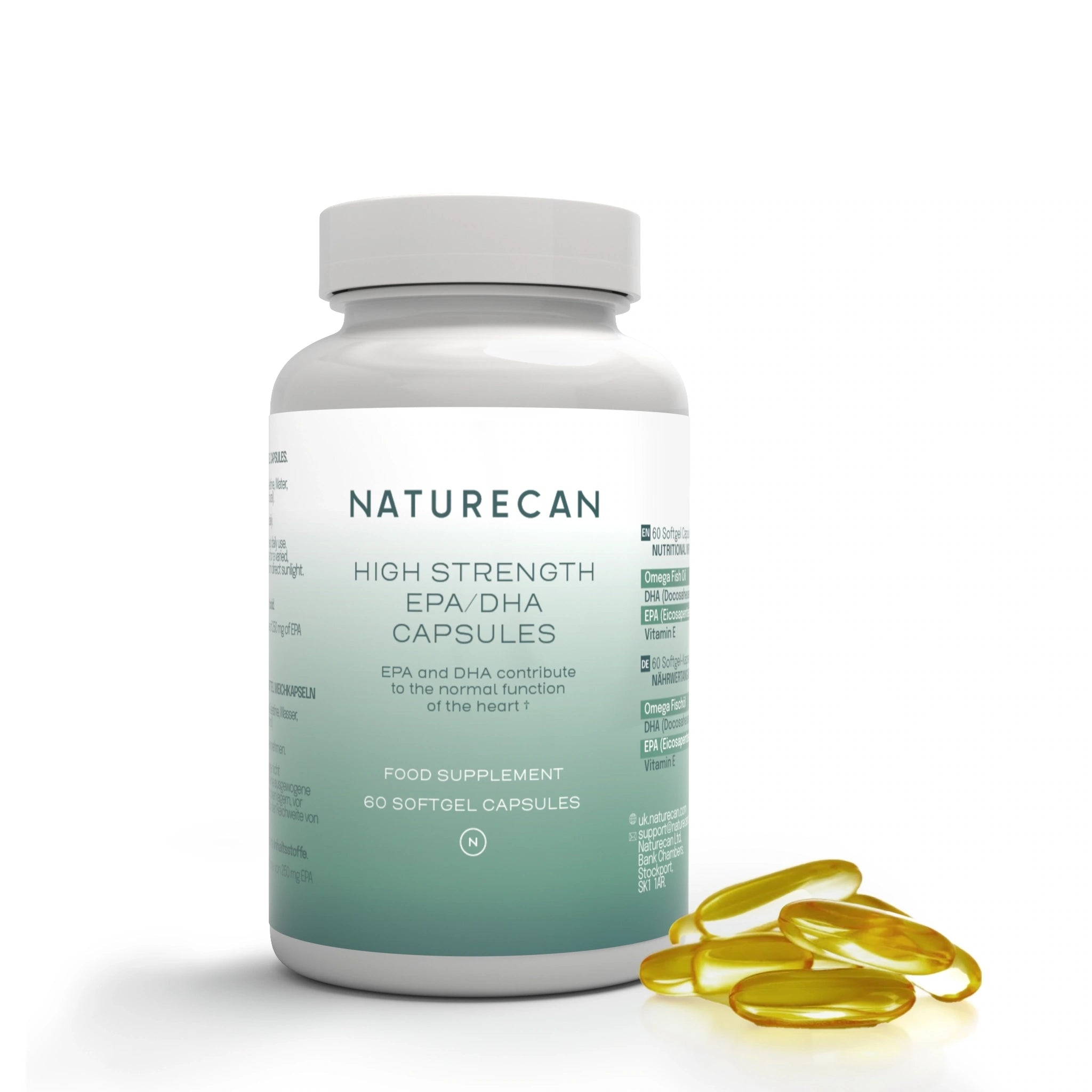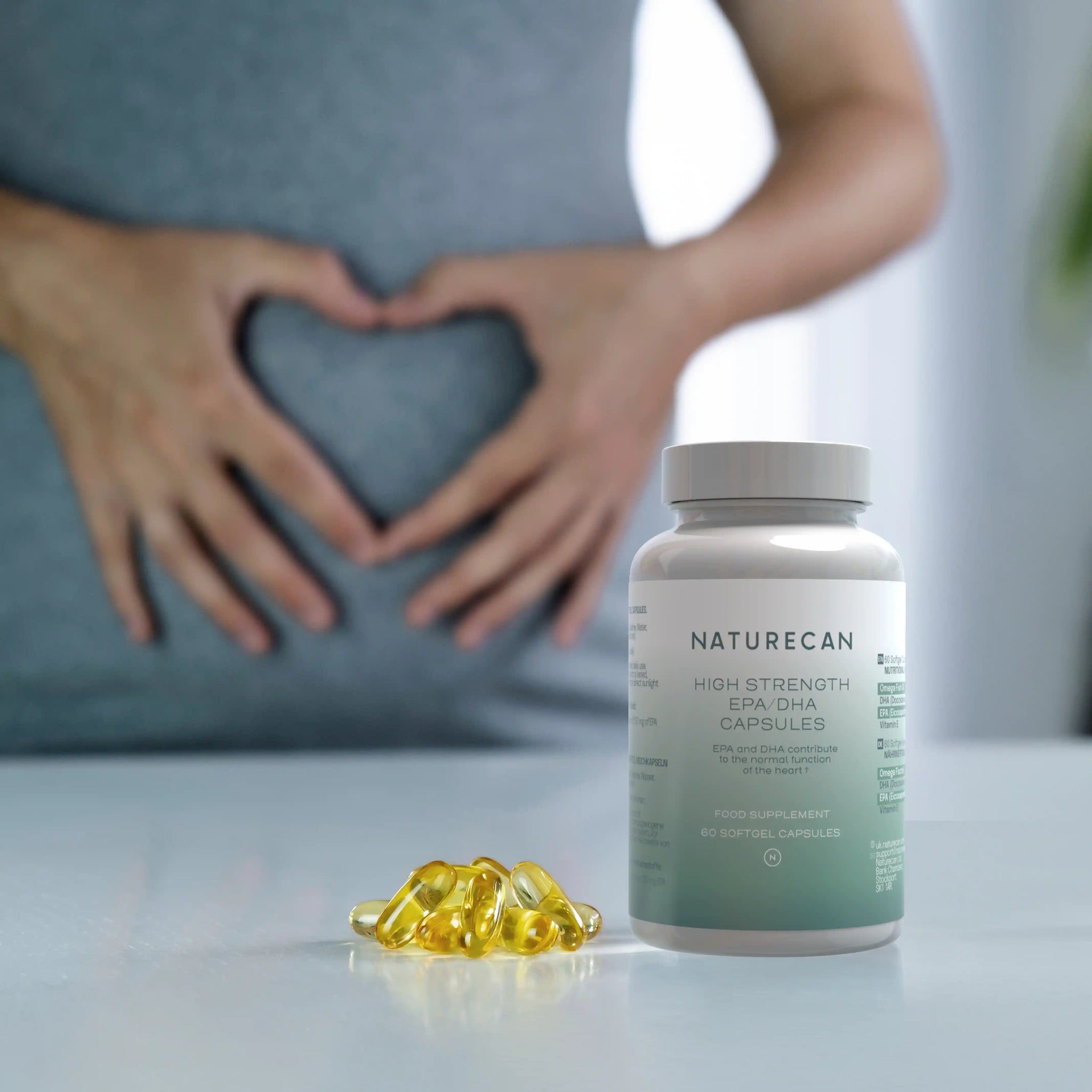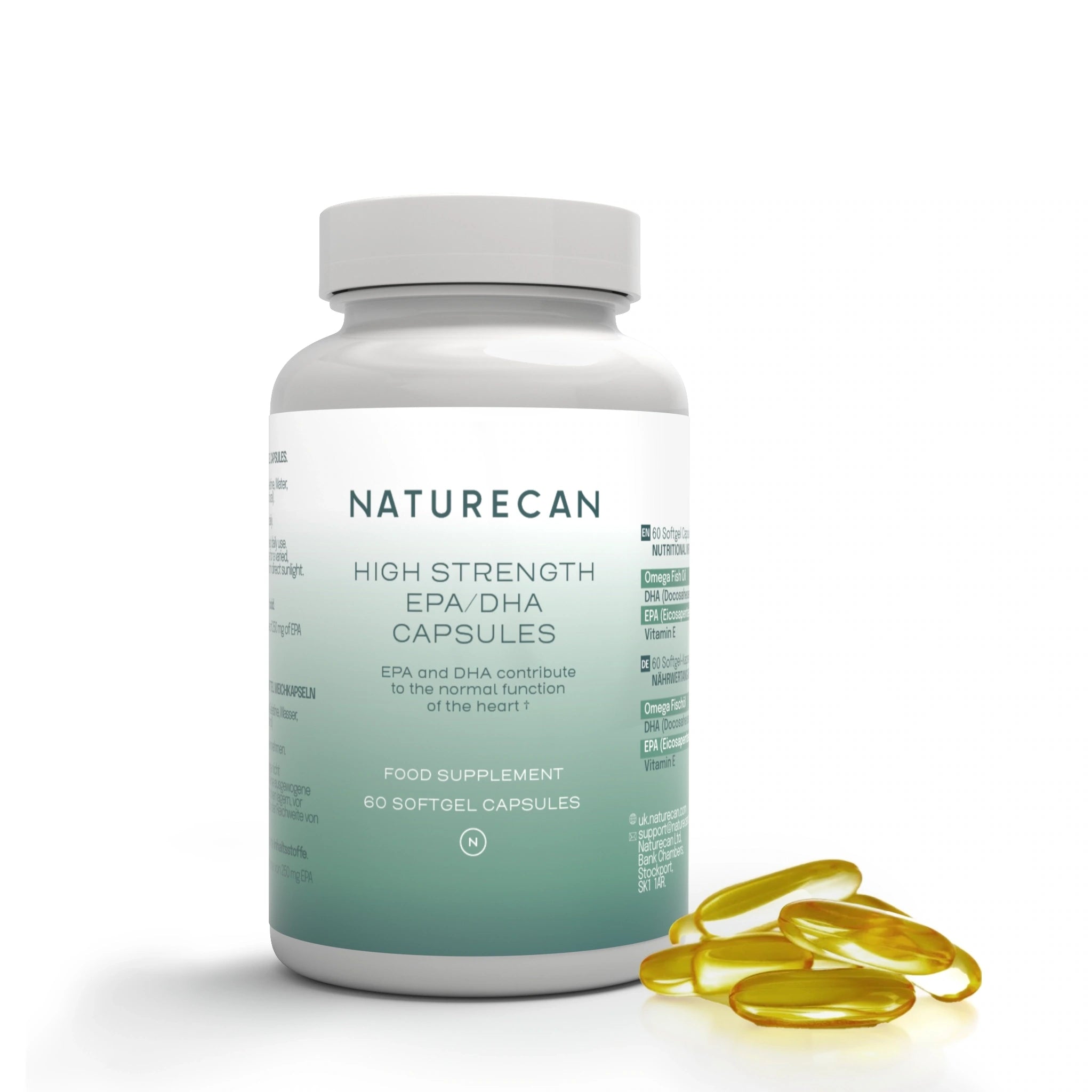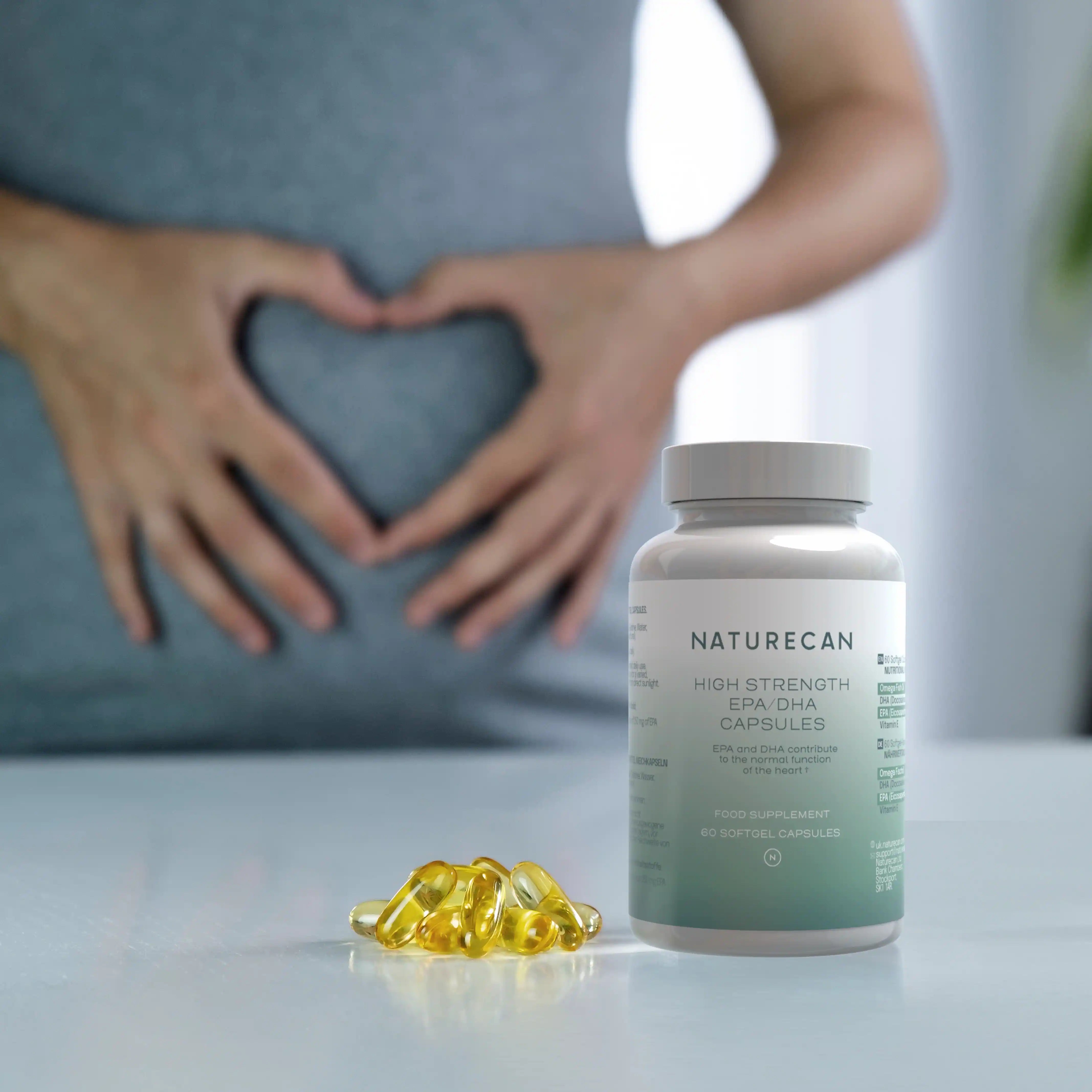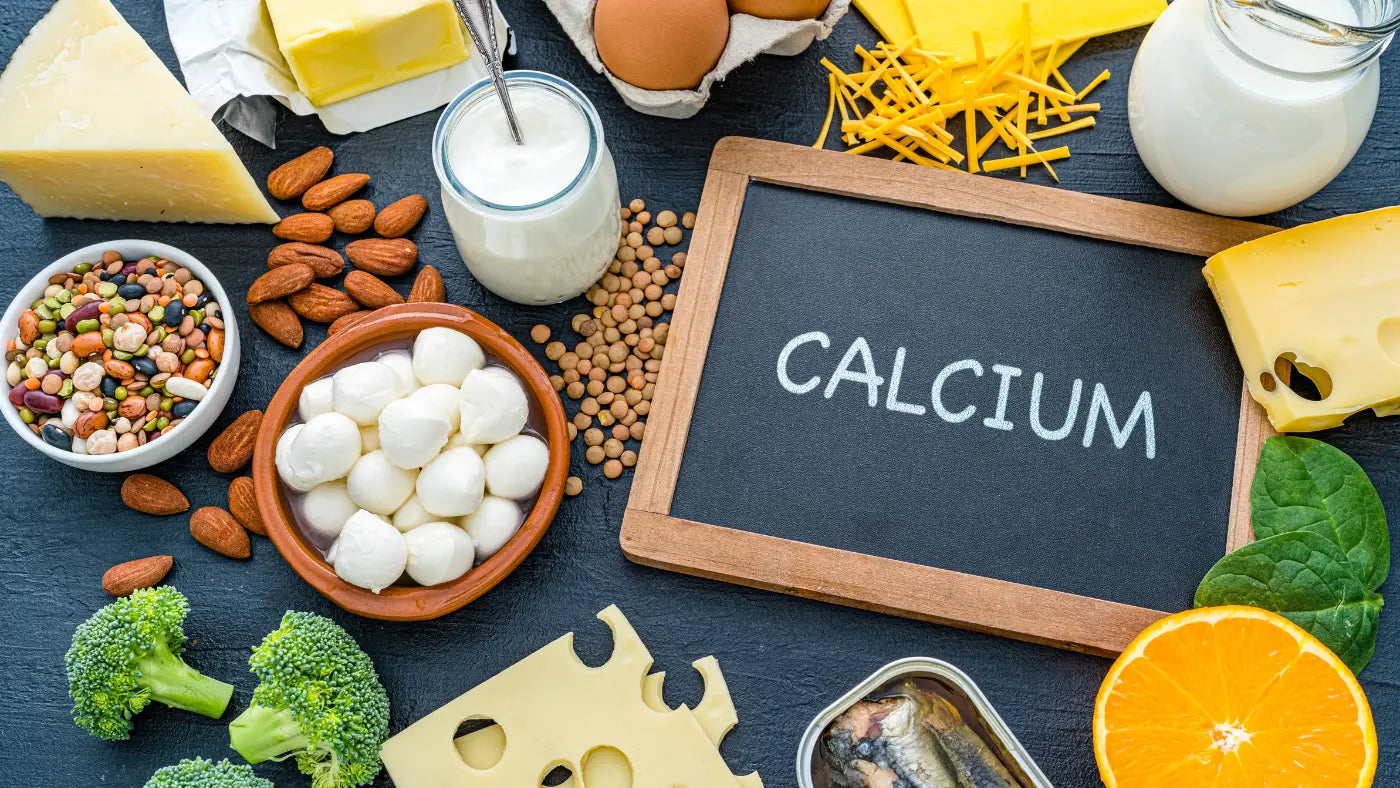What is NMN? The Anti-Ageing Molecule Explained

Written by Valeria Briancesco & Reviewed by Paul Holmes.
Are you curious about NMN and why it’s making waves in the wellness world? NMN (Nicotinamide Mononucleotide) is a naturally occurring molecule your body uses to produce NAD+ — a compound that fuels energy production, supports DNA repair, and keeps your cells functioning at their best¹.
As we age, NAD+ levels naturally drop, which may contribute to fatigue, slower recovery, and visible signs of ageing.
That’s why NMN supplements are being studied for their potential to:
- Boost energy at a cellular level
- Support brain and heart health
- Maintain skin elasticity and repair
- Help the body adapt to age-related changes
While the science is still evolving, early research suggests NMN could be a promising addition to a healthy ageing lifestyle — when taken responsibly and from trusted sources¹.
What is NMN?
NMN, short for Nicotinamide Mononucleotide, is a molecule found naturally in our bodies and in small amounts in certain foods.
It’s made up of a nicotinamide base, a ribose sugar, and a phosphate group, and it acts as a direct precursor to NAD+, the coenzyme that drives many of our essential cellular processes¹.
Your body can make NMN from vitamin B3 (niacin), but you can also get it through your diet. Food sources include:
- Avocado
- Broccoli
- Cabbage
- Edamame
- Cucumbers
- Tomatoes
- Beef & shrimp
NMN, short for Nicotinamide Mononucleotide, is a molecule found naturally in our bodies and in small amounts in certain foods.
It’s made up of a nicotinamide base, a ribose sugar, and a phosphate group, and it acts as a direct precursor to NAD+, the coenzyme that drives many of our essential cellular processes¹.
Your body can make NMN from vitamin B3 (niacin), but you can also get it through your diet. Food sources include:

NMN Supplements Benefits And Risks
While the potential benefits of NMN are undeniably exciting, it is important to approach the subject with a balanced perspective. Yes, NMN supplementation has shown benefits for human health, including:
- Increase NAD+ levels
- Improve insulin sensitivity
- Improve mitochondrial function
- Potentially extend lifespan, as shown in clinical trials
However, it is important to be aware of potential considerations and risks assosciated with NMN supplementation.
For example, while clinical studies suggest that daily oral doses of NMN up to 1,200mg are well tolerated and considered safe with minimal side effects, there are safety concerns regarding higher, untested doses of NMN supplementation and potential interactions with medication. Therefore, it's important to consult with a healthcare provider before starting NMN supplementation.
NMN and Longevity
Longevity is more than just living longer — it’s about extending healthspan: the number of years you stay active, independent, and free from chronic disease.
Research on NMN and longevity focuses on how raising NAD⁺ might help slow aspects of the biological ageing process.
How NMN Could Support Longevity
- NAD⁺ Restoration – NAD⁺ is essential for energy metabolism, DNA repair, and activating sirtuins — enzymes often linked with increased lifespan in animal models¹³⁹¹⁰.
- Mitochondrial Support – Healthy mitochondria are crucial for cellular energy and reduced oxidative stress. NMN appears to support mitochondrial biogenesis and function¹³⁹.
- DNA Maintenance – NAD⁺ fuels PARP enzymes that repair DNA damage, a key factor in slowing cellular ageing¹¹⁰.
- Metabolic Stability – By supporting insulin sensitivity and lipid metabolism, NMN may help prevent metabolic decline³⁵.
What is NAD+?
NAD+ (Nicotinamide Adenine Dinucleotide) is a coenzyme found in every living cell. It’s essential for:
- Turning the food you eat into usable cellular energy (ATP)
- Repairing DNA damage
- Regulating cell functions and signalling pathways
- Activating enzymes such as sirtuins, which are linked to healthy aging¹
NAD+ works as an electron carrier in your body’s metabolic processes, helping to convert nutrients into energy.
It also plays a role in protecting cells from oxidative stress and supporting the activity of enzymes that maintain DNA integrity.
Unfortunately, NAD+ levels naturally decline with age, which is why researchers are exploring ways to replenish it, including through NAD+ precursors like NMN¹².

How NMN Works in the Body
When you take an NMN supplement, a chain of events unfolds inside your body that can influence energy, repair, and resilience at the cellular level.
Step 1 — Absorption
After ingestion, NMN is absorbed in the small intestine and enters circulation. Human trials show oral NMN is well tolerated and can raise circulating NAD⁺ metabolites within weeks² ⁵.
Step 2 — Getting into cells
In mice, a transporter protein called Slc12a8 helps shuttle NMN across the intestinal wall and into cells; a similar pathway in humans is still being investigated⁷. Once inside, NMN becomes a key building block for NAD⁺.
Step 3 — Conversion to NAD+
Once inside the cell, NMN is rapidly converted into NAD⁺, which fuels mitochondrial energy production (ATP), DNA repair, and cell signalling.
NAD⁺ also supports autophagy — the body’s built-in recycling system that clears out damaged cellular components to make way for healthy new ones. This process is linked to healthy ageing and metabolic balance.
Step 4 — What recent human studies suggest
Emerging clinical evidence suggests that NMN supplementation can support physical performance, metabolic health, and NAD⁺ restoration.

What Is Autophagy?
Understanding what is autophagy and how it can be harnessed is essential for those interested in optimising health and ageing. In this article, we will explore what autophagy is, how it works, its benefits, and how you can optimise this process through lifestyle choices like fasting and exercise.
Read MoreSummary of Recent Human NMN Research
| Study (Author, Year) | Finding | Details |
|---|---|---|
| Morifuji et al., 2024 | NAD⁺ increase & mobility | 250 mg/day for 12 weeks in older adults raised blood NAD⁺, maintained 4-m walking speed vs placebo, and improved sleep quality (double-blind RCT). |
| Yoshino et al., 2021 | Muscle insulin sensitivity | 250 mg/day for 10 weeks improved skeletal-muscle insulin signalling and glucose disposal in postmenopausal women with prediabetes (double-blind RCT). |
| Yamaguchi et al., 2024 | NAD⁺ biosynthesis & metabolism | 250 mg/day for 8 weeks increased PBMC NAD⁺; exploratory signal for reduced post-prandial hyperinsulinaemia (open-label). |
| Pencina et al., 2023 | Drug-grade NMN (MIB-626) | Early-phase trials in middle-aged/older adults showed dose-related increases in blood NAD⁺; larger trials ongoing. |
5 Potential Benefits of NMN
While research into NMN is still developing, evidence from both human and animal studies suggests it may support a range of biological processes that decline with age.
The key driver is NMN’s ability to raise NAD⁺ — a molecule central to energy metabolism, DNA repair, and cell signalling. Here’s a closer look at potential benefits across different areas of health.
1. Brain & Cognitive Health
Ageing is often accompanied by changes in brain energy metabolism, oxidative stress, and reduced neuroplasticity (the brain’s ability to form new connections).
NAD⁺ is involved in mitochondrial function in neurons, DNA repair, and the regulation of sirtuins — enzymes that help protect brain cells. By replenishing NAD⁺, NMN may offer a way to maintain cognitive resilience.
How it may work:
- Energy supply: Higher NAD⁺ supports mitochondrial ATP production in neurons, which are highly energy-dependent.
- Oxidative stress defence: NAD⁺ fuels enzymes that help neutralise oxidative damage, a key factor in neurodegeneration.
- Neuroprotection: Sirtuins activated by NAD⁺ can promote neuronal survival and synaptic function.

| Study (Author, Year) | Finding | Details |
|---|---|---|
| Yoshino et al., 2016¹ | Cognitive function (mice) | NMN improved memory and learning, likely via enhanced neuronal bioenergetics and reduced oxidative damage. |
| Lautrup et al., 2019⁹ | Mechanistic review | Summarises how NAD⁺ restoration may support brain health, stress resistance, and neuroprotection with age. |
In summary, While human trials in cognition are scarce, NMN’s role in restoring NAD⁺ makes it a promising candidate for supporting brain energy and resilience. For related topics, see our article on oxidative stress and ageing.
2. Metabolic Health & Weight Regulation
Metabolism naturally slows with age, increasing the risk of weight gain, insulin resistance, and metabolic disorders. NAD⁺ plays a central role in glucose and fat metabolism, and NMN has been shown in early trials to improve insulin sensitivity, particularly in skeletal muscle.
How it may work:
- Improved glucose disposal: NMN may enhance insulin signalling in muscle tissue, helping the body use glucose more efficiently.
- Better lipid metabolism: NAD⁺-dependent pathways regulate fat oxidation and storage.
- Energy balance: Supporting mitochondrial output helps maintain metabolic rate.

| Study (Author, Year) | Finding | Details |
|---|---|---|
| Yoshino et al., 2021³ | Muscle insulin sensitivity | 250 mg/day NMN for 10 weeks improved insulin signalling and glucose uptake in skeletal muscle of postmenopausal women with prediabetes (DB-RCT). |
| Yamaguchi et al., 2024⁵ | NAD⁺ biosynthesis & metabolism | 250 mg/day for 8 weeks increased PBMC NAD⁺ and showed a modest reduction in post-meal insulin spikes (open-label). |
In summary, These early findings suggest NMN could help maintain metabolic flexibility and support healthy weight management with age — especially when combined with diet and exercise.
3. Skin Health & Collagen Support
Skin ageing is marked by reduced collagen, slower cell turnover, and more visible signs of oxidative stress. NAD⁺ is involved in DNA repair in skin cells and can influence collagen synthesis through sirtuin activation.
How it may work:
- Collagen maintenance: NAD⁺ supports fibroblasts, the cells that make collagen.
- Cellular renewal: Supports repair and regeneration of skin cells.
- Oxidative defence: Helps protect skin from environmental and metabolic oxidative damage.

| Study (Author, Year) | Finding | Details |
|---|---|---|
| Miyamoto et al., 2020⁸ | Skin regeneration (mice) | NMN supplementation improved skin elasticity, hydration, and wound healing capacity in aged mice. |
In summary: While promising, these results are from animal models. Combining NMN with other proven skin-support nutrients such as collagen supplements may provide a more comprehensive approach.
4. Inflammation & Healthy Ageing
Chronic low-grade inflammation (“inflammageing”) contributes to many age-related diseases. NAD⁺ influences inflammation through sirtuins and PARPs — enzymes that help regulate immune responses and repair cellular damage.
How it may work:
- Sirtuin activation: Helps suppress inflammatory gene expression.
- DNA repair: Reduces immune activation triggered by persistent DNA damage.
- Mitochondrial health: Healthy mitochondria produce fewer pro-inflammatory molecules.

| Study (Author, Year) | Finding | Details |
|---|---|---|
| Lautrup et al., 2019⁹ | Mechanistic review | Outlines NAD⁺’s role in reducing inflammation and supporting mitochondrial health. |
| Rajman et al., 2018¹⁰ | NAD⁺ & inflammation review | Describes how NAD⁺ decline accelerates inflammatory signalling and metabolic dysfunction. |
In summary, Maintaining NAD⁺ with NMN may have the potential to help modulate inflammation and protect against some hallmarks of ageing. For more, see our article on how inflammation accelerates ageing.
5. Muscle Function & Physical Performance
Loss of muscle strength and endurance is a major factor in reduced mobility and independence with age. NAD⁺ supports mitochondrial energy output in muscle fibres, which is essential for performance.
How it may work:
- Mitochondrial efficiency: More NAD⁺ means better ATP production during exercise.
- Muscle repair: Supports protein synthesis and cellular recovery post-exercise.
- Endurance: May reduce fatigue by improving metabolic efficiency.

| Study (Author, Year) | Finding | Details |
|---|---|---|
| Morifuji et al., 2024⁴ | Mobility & sleep | 250 mg/day for 12 weeks increased NAD⁺, maintained walking speed vs placebo, and improved sleep quality in older adults (DB-RCT). |
| Pencina et al., 2023⁶ | Blood NAD⁺ increase | Pharmaceutical NMN (MIB-626) raised NAD⁺ in middle-aged/older adults; larger efficacy trials ongoing. |
In summary: The combination of mobility, endurance, and possible sleep improvements seen in trials suggests NMN could be part of a healthy ageing toolkit for maintaining independence.
Which Supplements Work Well with NMN?
Because NMN works by raising NAD⁺ — a molecule involved in hundreds of cellular reactions — it can complement other supplements that either protect NAD⁺ from depletion, enhance mitochondrial function, or support related healthy ageing pathways.
- Resveratrol, found in grapes and red wine, may activate sirtuins — the same longevity-linked enzymes that require NAD⁺ to function. Combining NMN with resveratrol could therefore support both NAD⁺ availability and sirtuin activation, offering a synergistic effect on cellular repair and resilience.
- CoQ10 is crucial for mitochondrial energy production. While NMN boosts NAD⁺, CoQ10 supports the electron transport chain — another essential step in ATP generation. Together, they may help optimise mitochondrial performance.
- Magnesium is a cofactor in over 300 enzymatic reactions, including those involved in ATP production. Supporting magnesium intake can ensure the energy boost from NMN is fully utilised in cells.
- Omega-3s from fish oil or algae support cell membrane health and help reduce inflammation. In the context of NMN, healthier cell membranes may improve nutrient and NAD⁺ transport, while lower inflammation can protect mitochondria from damage.
- Skin cell turnover and collagen synthesis require energy and efficient cellular repair. NMN helps supply the energy, while collagen provides the building blocks, and vitamin C supports collagen cross-linking. This trio can target skin health from multiple angles. (Learn more about our Marine Collagen with Vitamin C range.)
- Since oxidative stress accelerates NAD⁺ depletion, pairing NMN with antioxidants may help protect the NAD⁺ pool.
Curcumin, in particular, has anti-inflammatory and antioxidant properties that complement NMN’s cellular energy support. Some high-profile health optimisers, like Bryan Johnson, incorporate NMN alongside other longevity-supporting nutrients.
See Bryan Johnson’s supplement routine.
The Longevity Guide: Everything You Need to Know About Longevity


This is our complete beginner's guide to Longevity. We explain what it is, what studies are available, where it comes from, what it is used for, and a few other facts you may not know.
Dosage & Safety of NMN
While there’s no officially established daily requirement for NMN, research in humans has begun to explore safe and effective doses.
These studies suggest NMN is generally well tolerated at doses between 250 mg and 1,200 mg per day over periods ranging from several weeks to three months² ³ ⁴ ⁵.
What the evidence says about dosage:
- Lower doses (250–300 mg/day) can raise NAD⁺ levels and improve some functional measures such as walking speed and muscle insulin sensitivity.
- Moderate doses (600–900 mg/day) have been used in some trials without major adverse effects, though benefits above 300 mg/day are still being investigated.
- High doses (up to 1,200 mg/day) appear to be tolerated in healthy adults in short-term studies, but long-term safety data is lacking.
NMN is not the only NAD⁺ precursor being researched — NMNH, a reduced form of NMN, is also gaining attention for its potential. Read our full NMN vs NMNH comparison.
Summary of Studied NMN Doses in Humans
| Study (Author, Year) | Dose & Duration | Key Findings |
|---|---|---|
| Yoshino et al., 2021³ | 250 mg/day for 10 weeks | Improved muscle insulin sensitivity in postmenopausal women with prediabetes. |
| Morifuji et al., 2024⁴ | 250 mg/day for 12 weeks | Raised NAD⁺, maintained walking speed vs placebo, improved sleep quality in older adults. |
| Yamaguchi et al., 2024⁵ | 250 mg/day for 8 weeks | Increased PBMC NAD⁺ and showed reduced post-meal insulin spikes (open-label). |
| Yi et al., 2022² | 300–900 mg/day for 6–12 weeks | Well tolerated; dose-dependent increases in blood NAD⁺. |
| Pencina et al., 2023⁶ | 1,000–1,200 mg/day for 2–4 weeks | Pharmaceutical NMN (MIB-626) raised NAD⁺ without serious side effects. |
Safety Profile
Across human trials to date:
- Tolerability: No serious adverse events have been linked to NMN in short-term studies.
- Common mild effects: Some participants reported digestive discomfort, mild headaches, or flushing.
- Long-term safety: Not yet well studied; ongoing trials aim to address this gap.
- Special populations: Pregnant or breastfeeding individuals, or those with chronic illnesses, should avoid NMN unless advised by a healthcare provider.
Regulatory Note
- UK & EU: NMN is available as a dietary supplement, but regulations can vary by country.
- US: In 2022, the FDA ruled that NMN cannot be sold as a dietary supplement due to prior drug investigation status. This has led to some brands withdrawing NMN from the US market.
- Always source NMN from trusted suppliers with third-party testing for purity and dosage accuracy.

Improve Your Longevity Journey With Our Range
NMN’s Future: Ongoing Research and Expectations
The NMN research field is advancing quickly. Several human clinical trials are in progress to better understand:
- Long-term safety at different dose levels
- Effects on ageing biomarkers such as telomere length, DNA methylation, and mitochondrial function
- Specific population benefits — including those with metabolic disorders, early cognitive decline, or reduced mobility
- Combination therapies — whether NMN works synergistically with other NAD⁺ precursors or lifestyle interventions like exercise and fasting
The growing interest in NMN is part of a wider movement towards biohacking — using nutrition, supplementation, and lifestyle interventions to optimise health and longevity.
Current trends in research:
- From animals to humans: Many of NMN’s most striking anti-ageing results come from animal models. Human trials are now testing whether these effects translate to people.
- Precision dosing: Studies are exploring whether lower daily doses taken consistently can be as effective as higher doses.
- Broader outcome measures: Trials are beginning to assess not just NAD⁺ levels, but also sleep quality, cognitive performance, cardiovascular markers, and muscle function.
Takeaway: The next 3–5 years should bring clearer answers about who benefits most from NMN, at what dose, and over what time frame.

Are NMN Supplements Safe?
Based on current evidence, NMN appears well tolerated in healthy adults when taken in doses up to 1,200 mg/day for periods of up to 12 weeks² ³ ⁴ ⁵.
- No serious side effects have been reported in controlled human studies.
- Mild, temporary effects like digestive upset, headaches, or flushing can occur in some people.
- Unknowns: Long-term effects are not yet known, and there’s limited safety data for pregnant or breastfeeding individuals, or those with chronic medical conditions.
Important: Consult a healthcare professional before starting NMN, especially if you are on medication, have a chronic condition, or are pregnant/breastfeeding.
For a deeper look at tolerability and what to expect, see our guide on NMN side effects.
Are NMN Supplements Safe?
- Middle-aged or older adults looking to support healthy NAD⁺ levels.
- Individuals aiming to maintain metabolic flexibility and physical performance with age.
- Those interested in longevity-supporting strategies, when used alongside healthy lifestyle habits.
Important: Anyone considering NMN should consult a healthcare provider, especially if pregnant, breastfeeding, or managing a chronic health condition.
FAQs
What does NMN do in the body?
It helps convert nutrients into energy, supports DNA repair, and maintains mitochondrial health. This may contribute to healthier ageing by supporting key cellular processes¹ ³.
Can I get NMN from food?
Yes — small amounts are found in foods like broccoli, avocado, cabbage, cucumbers, tomatoes, beef, and shrimp². However, these amounts are far lower than the doses studied in clinical trials.
Is NMN the same as NR (Nicotinamide Riboside)?
No. Both are NAD⁺ precursors, but NMN is one step closer to NAD⁺ in the biochemical pathway. Early studies suggest both can raise NAD⁺, but their absorption and tissue distribution may differ.
When will we know more about NMN’s benefits?
With multiple human trials ongoing, more data on long-term safety and efficacy should be available in the next few years.

Reviewed by Paul Holmes
Director of Science and Innovation at Naturecan
Testing for large pharmaceutical & tobacco companies, Paul has built a wealth of scientific and regulatory knowledge, working on regulatory submissions to bodies such as the FDA and the MHRA.
He holds a BSc in Medicinal and Biological Chemistry and sits on the UKAS CBD Food Product Approval Expert Group.


